265 Best Alcohol and Drug Rehabs in Washington 2025
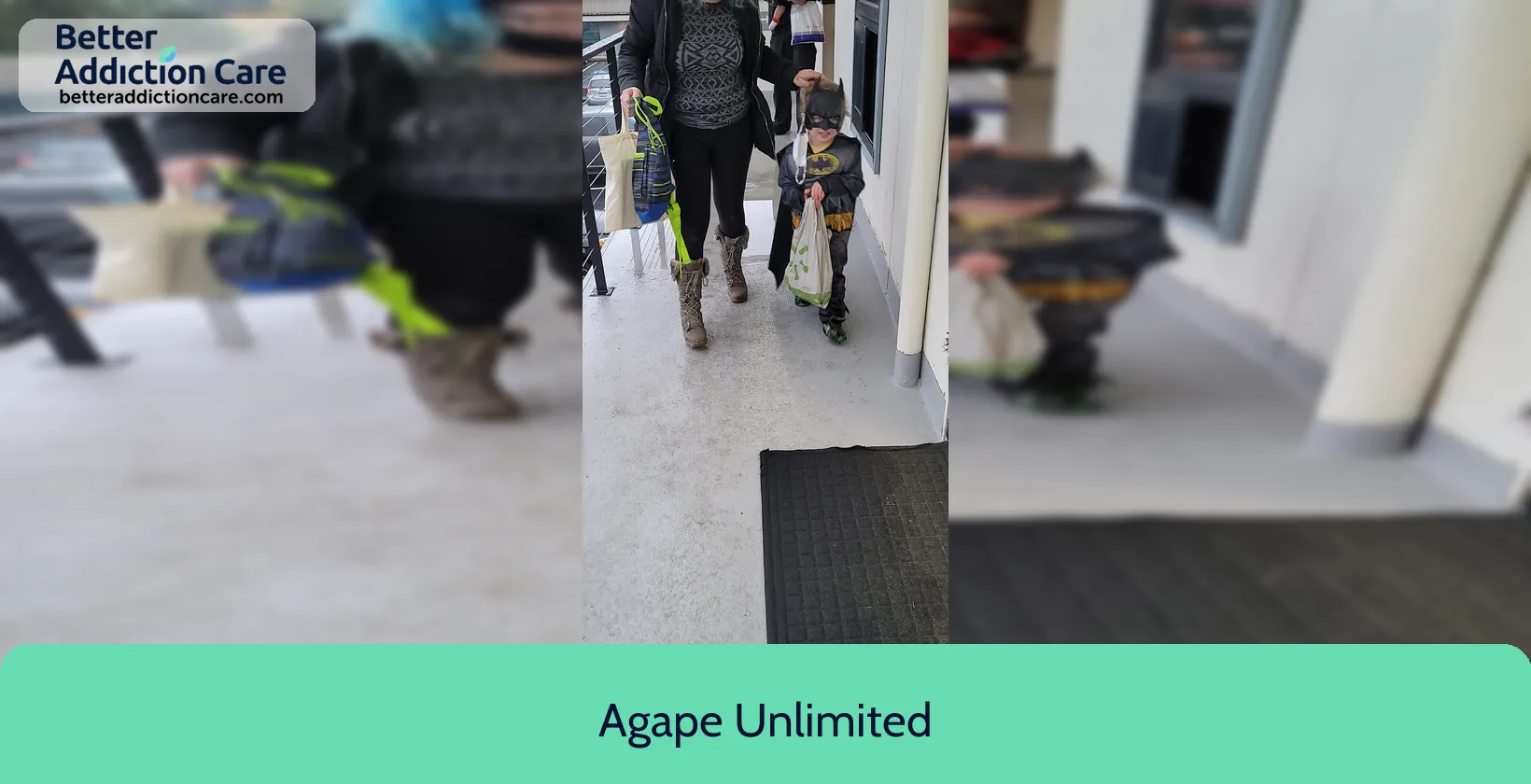
7.04
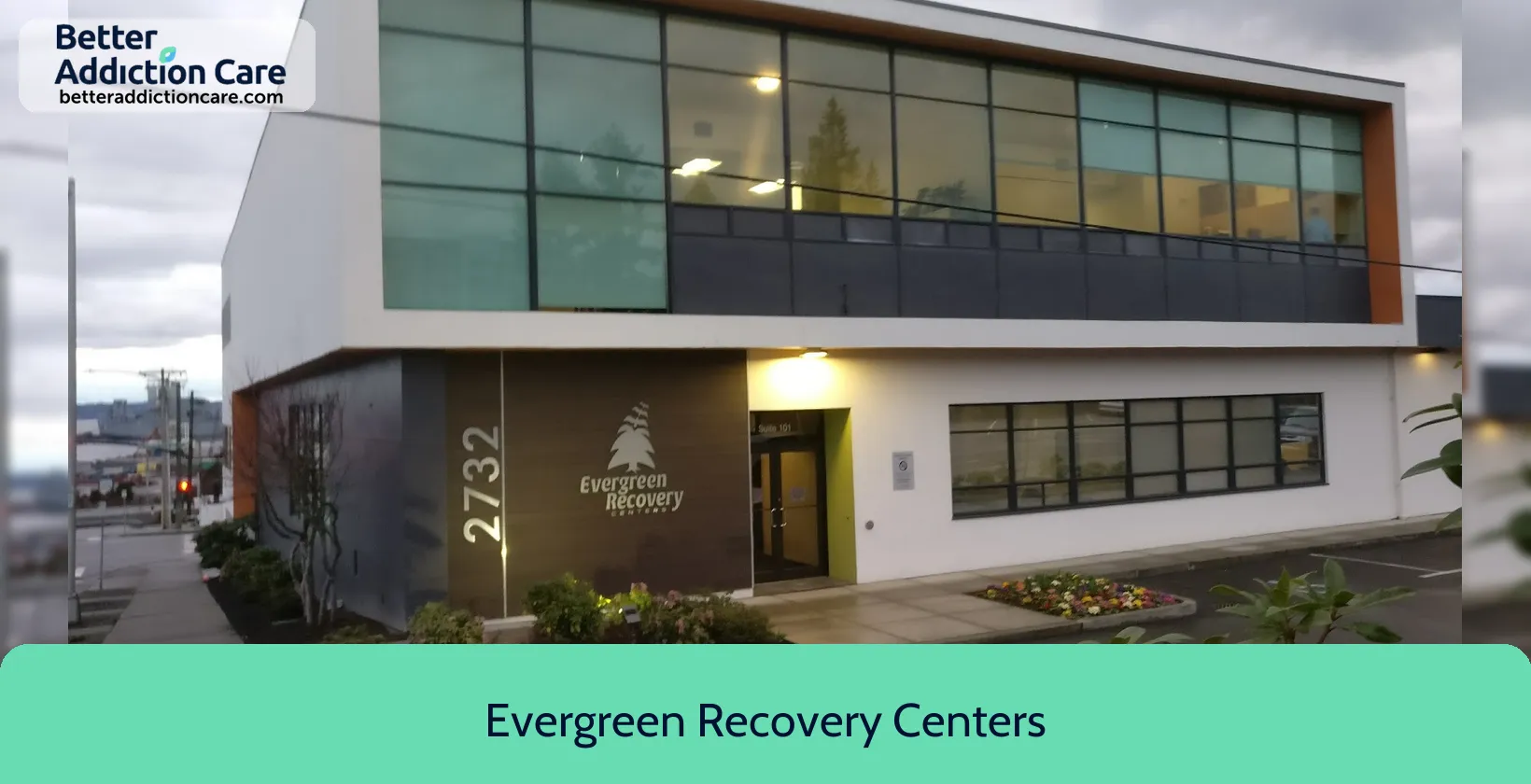
7.20
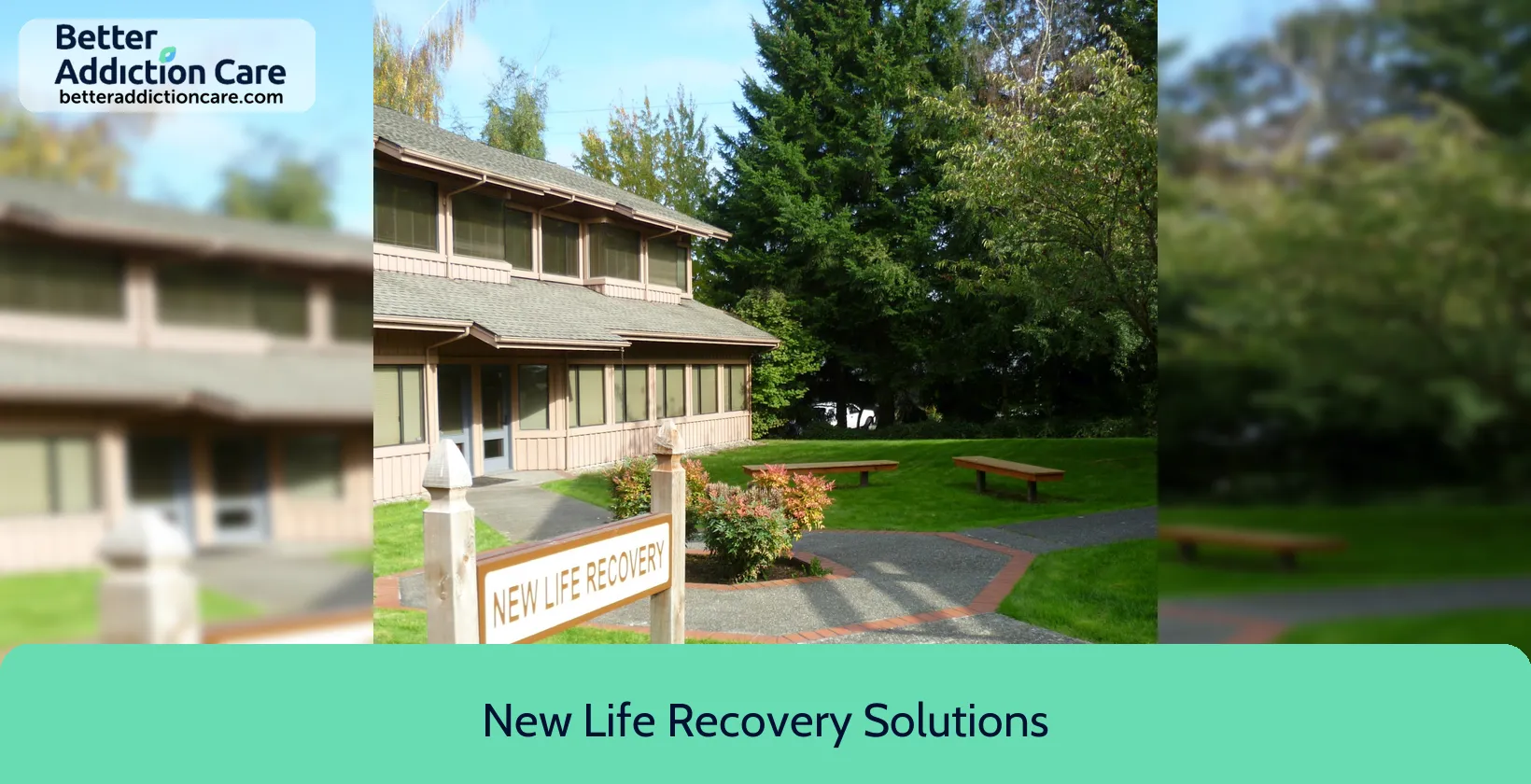
6.82
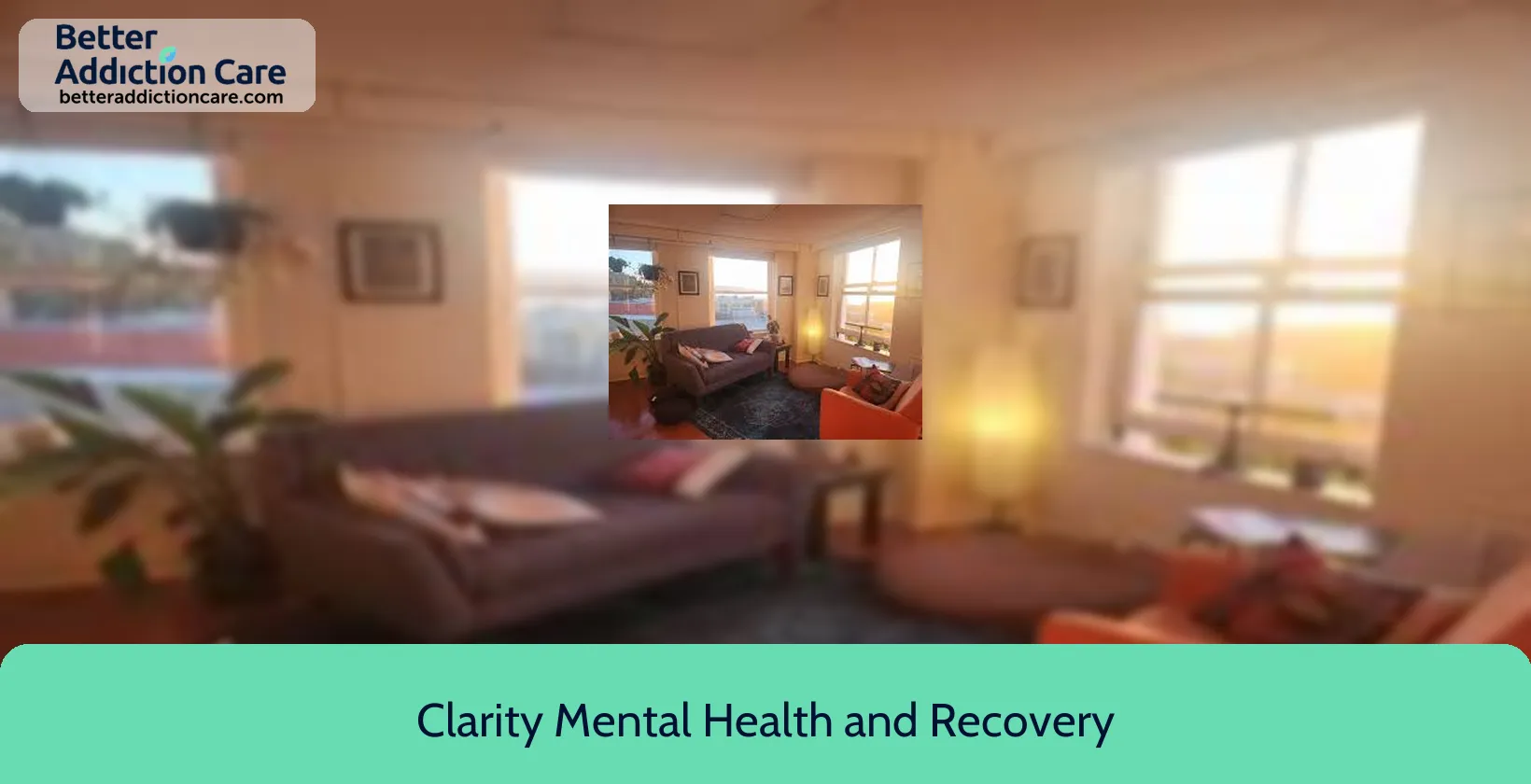
7.11

7.19
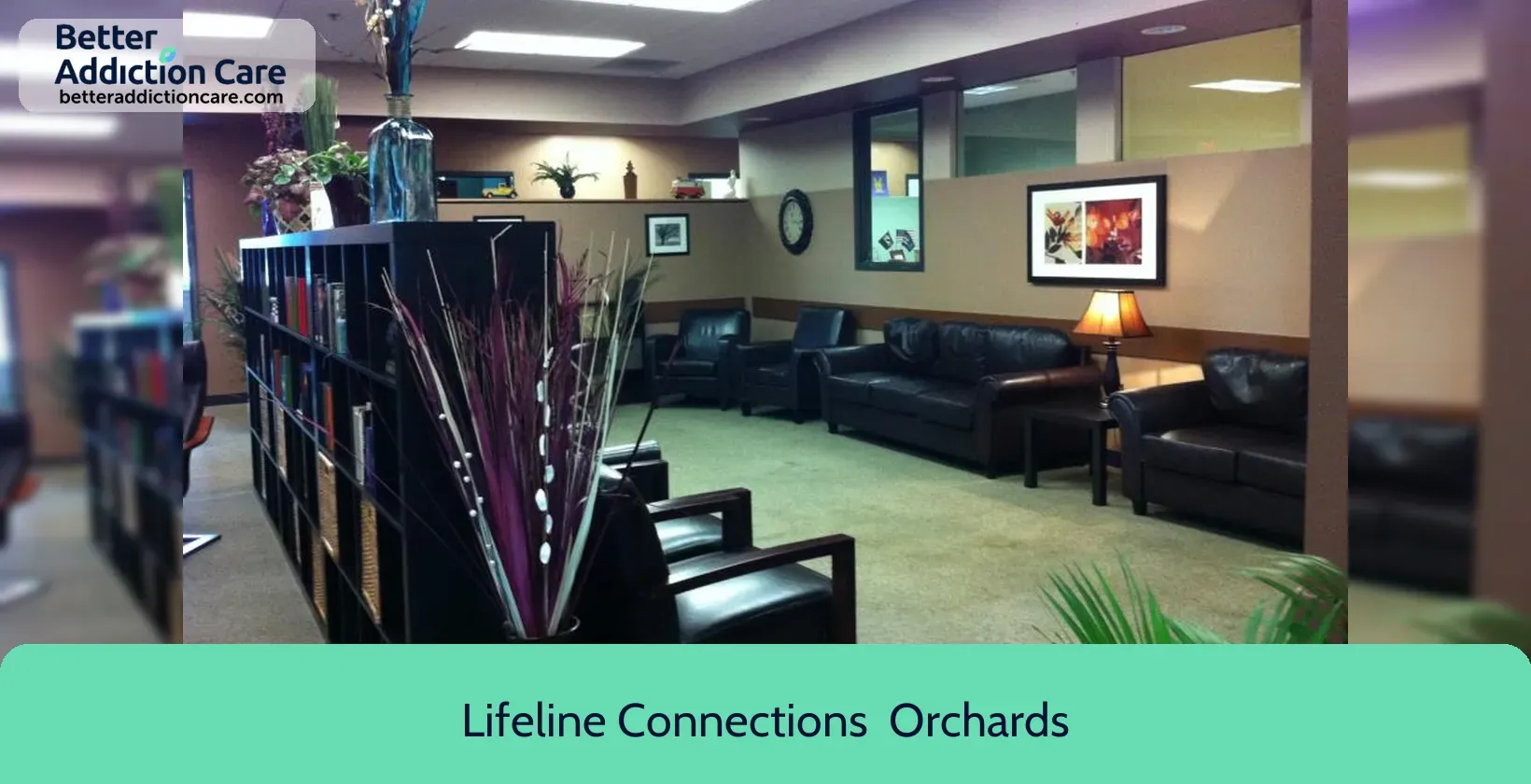
7.48
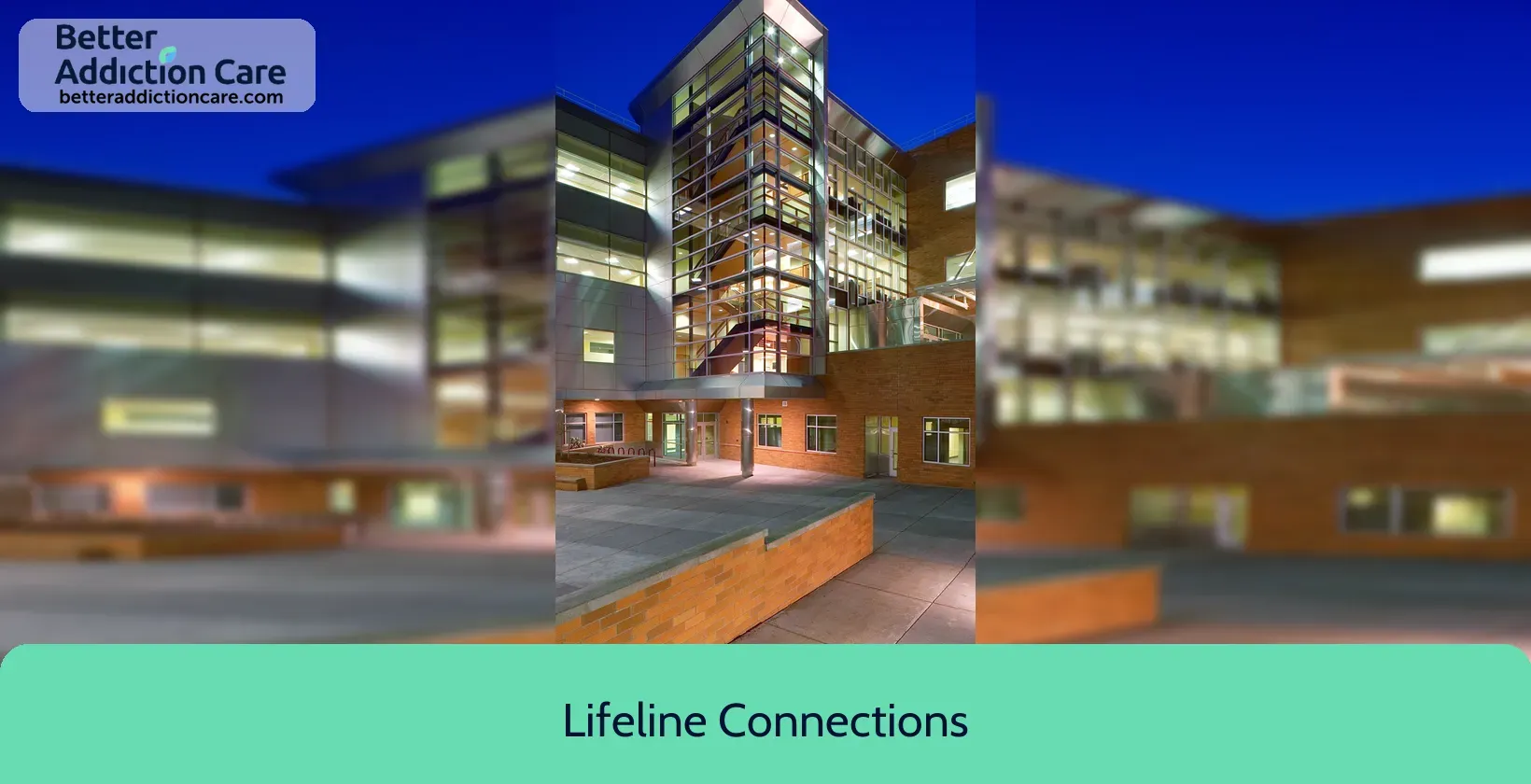
8.16
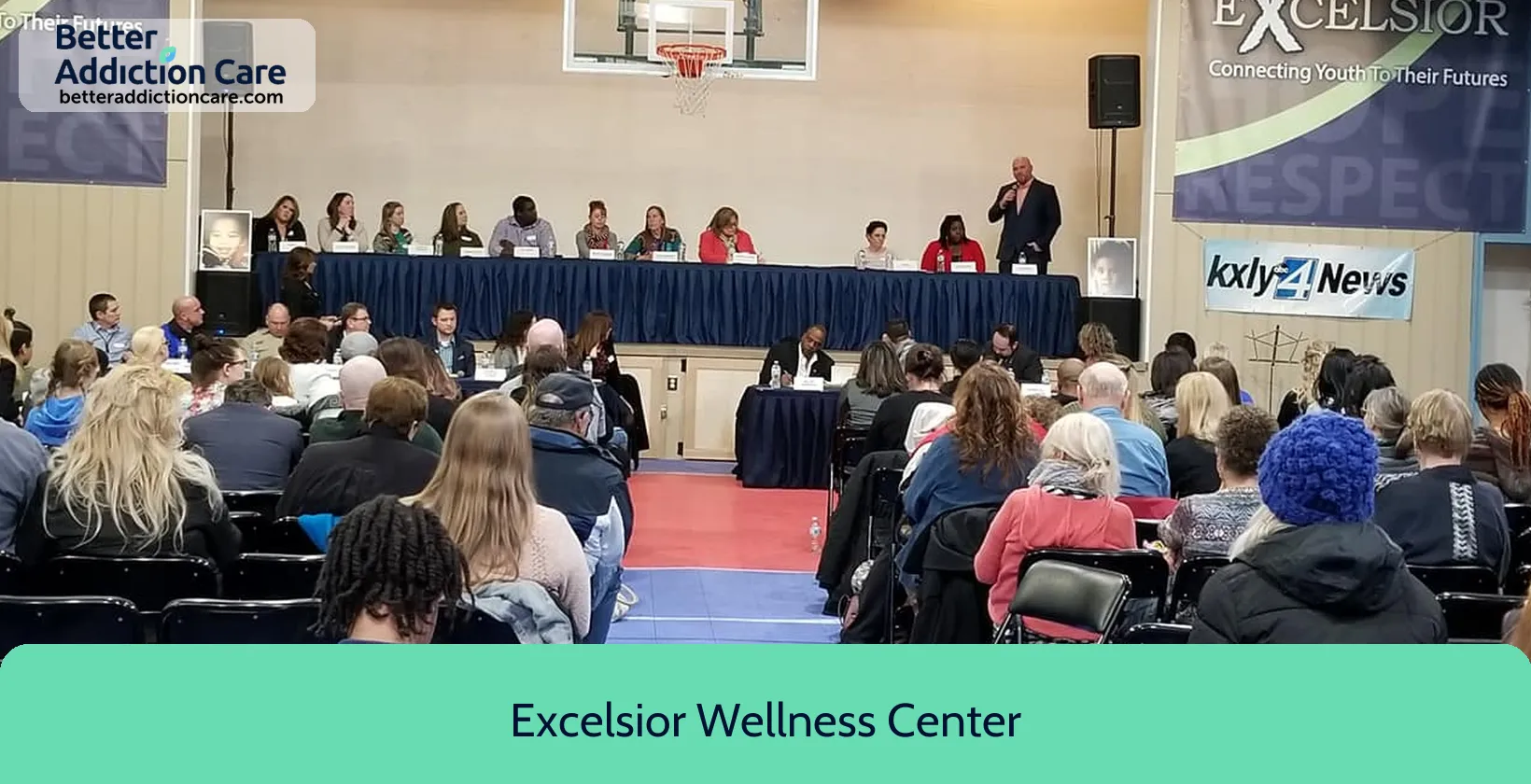
7.64
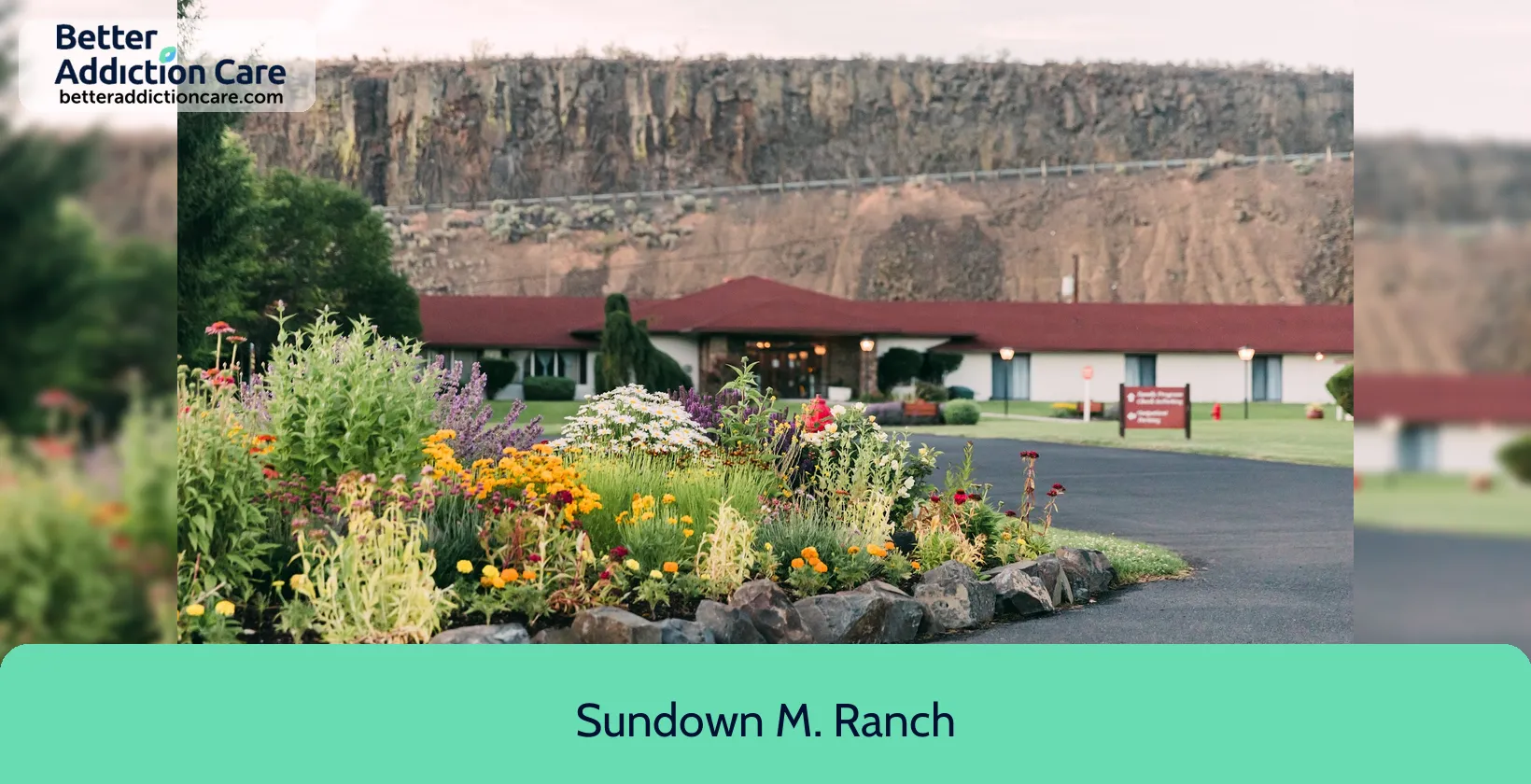
7.68
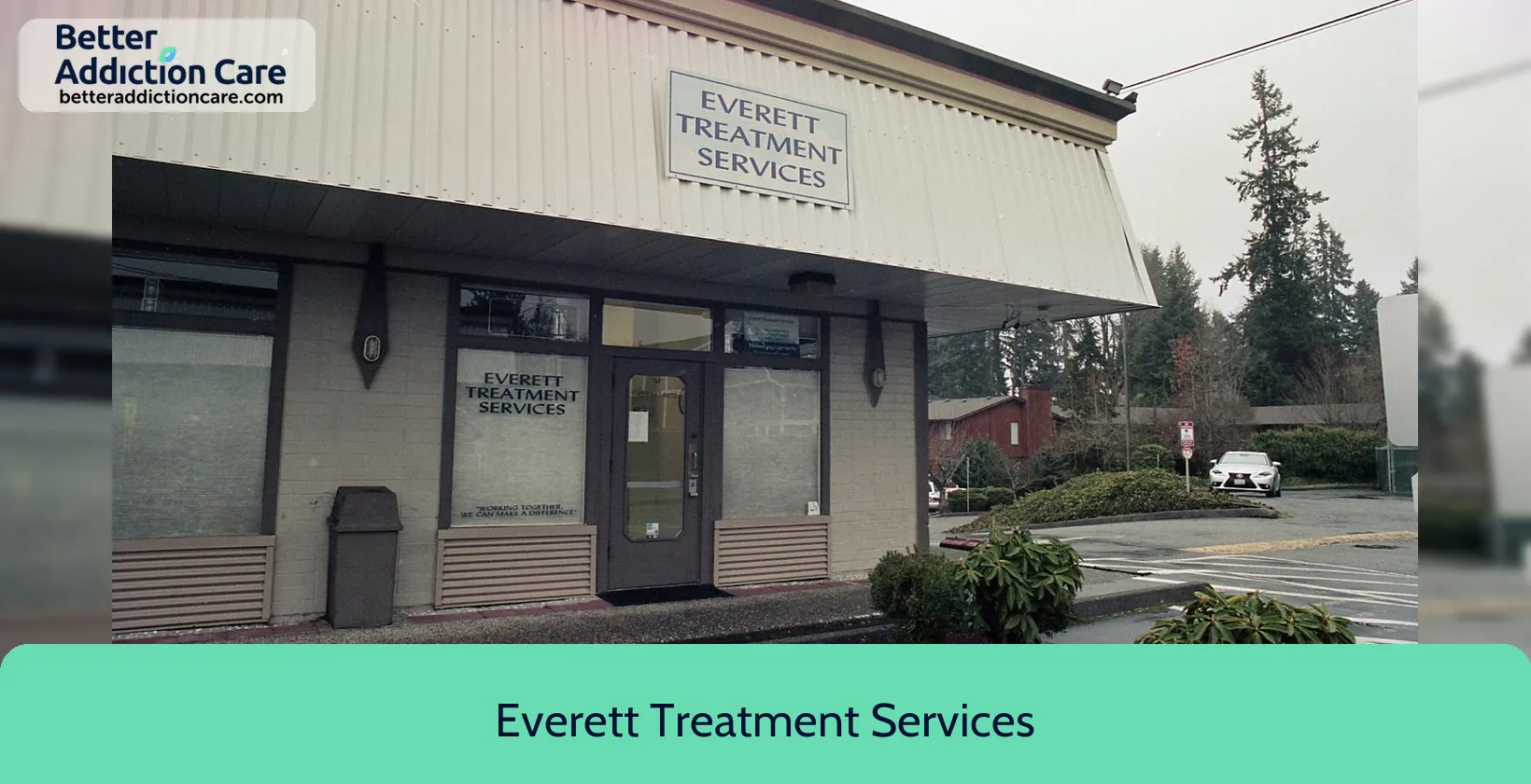
6.97
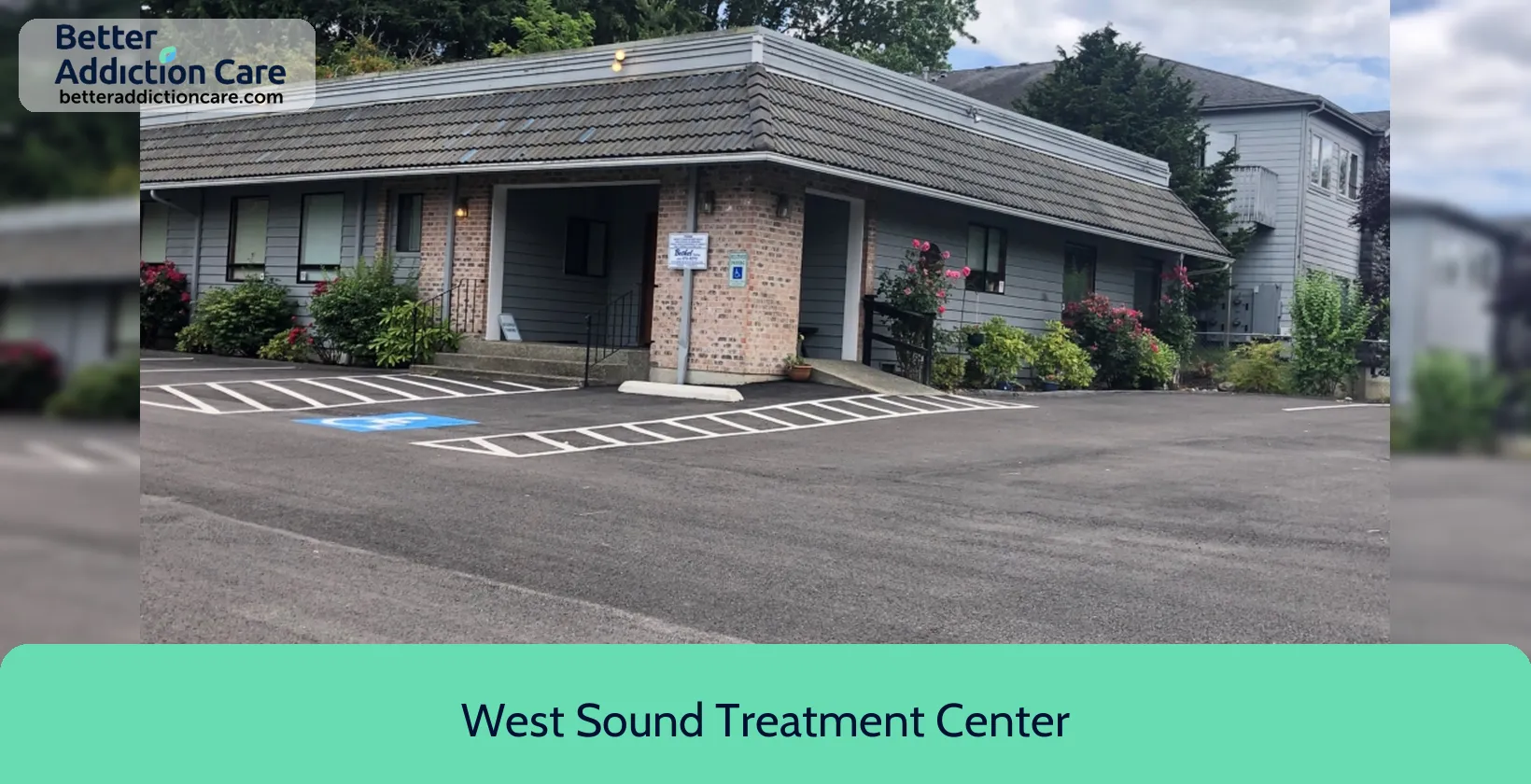
7.09
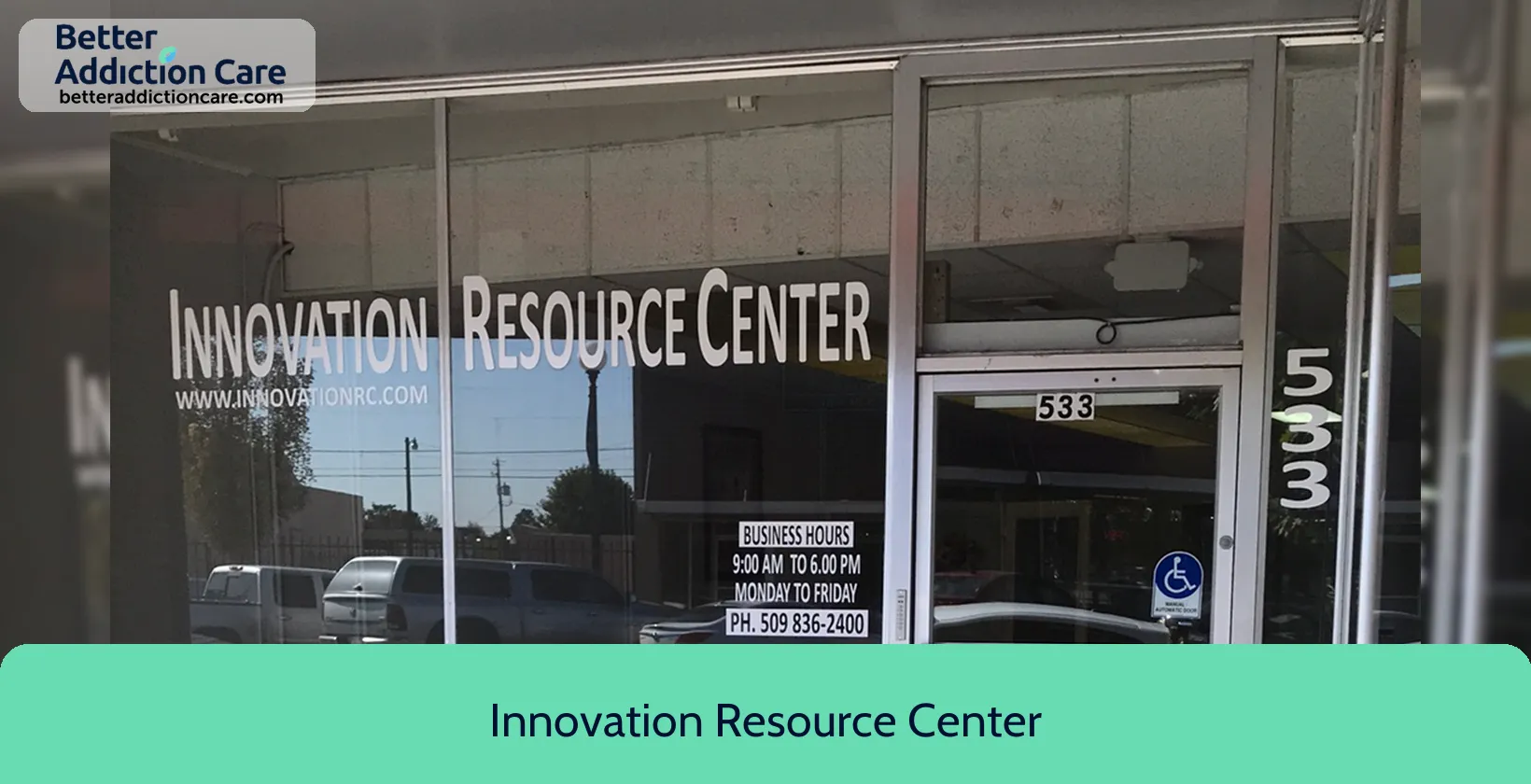
6.94
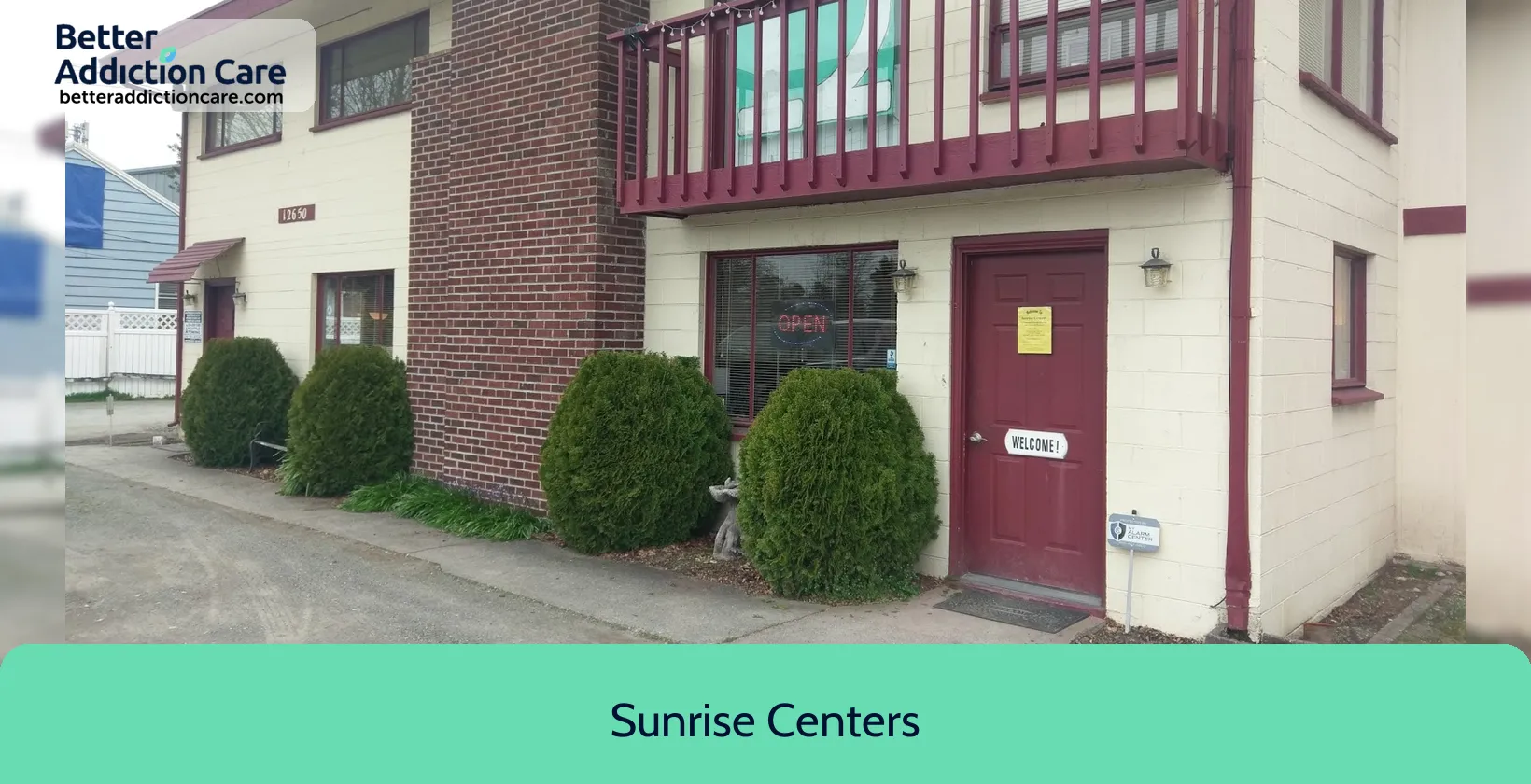
7.03
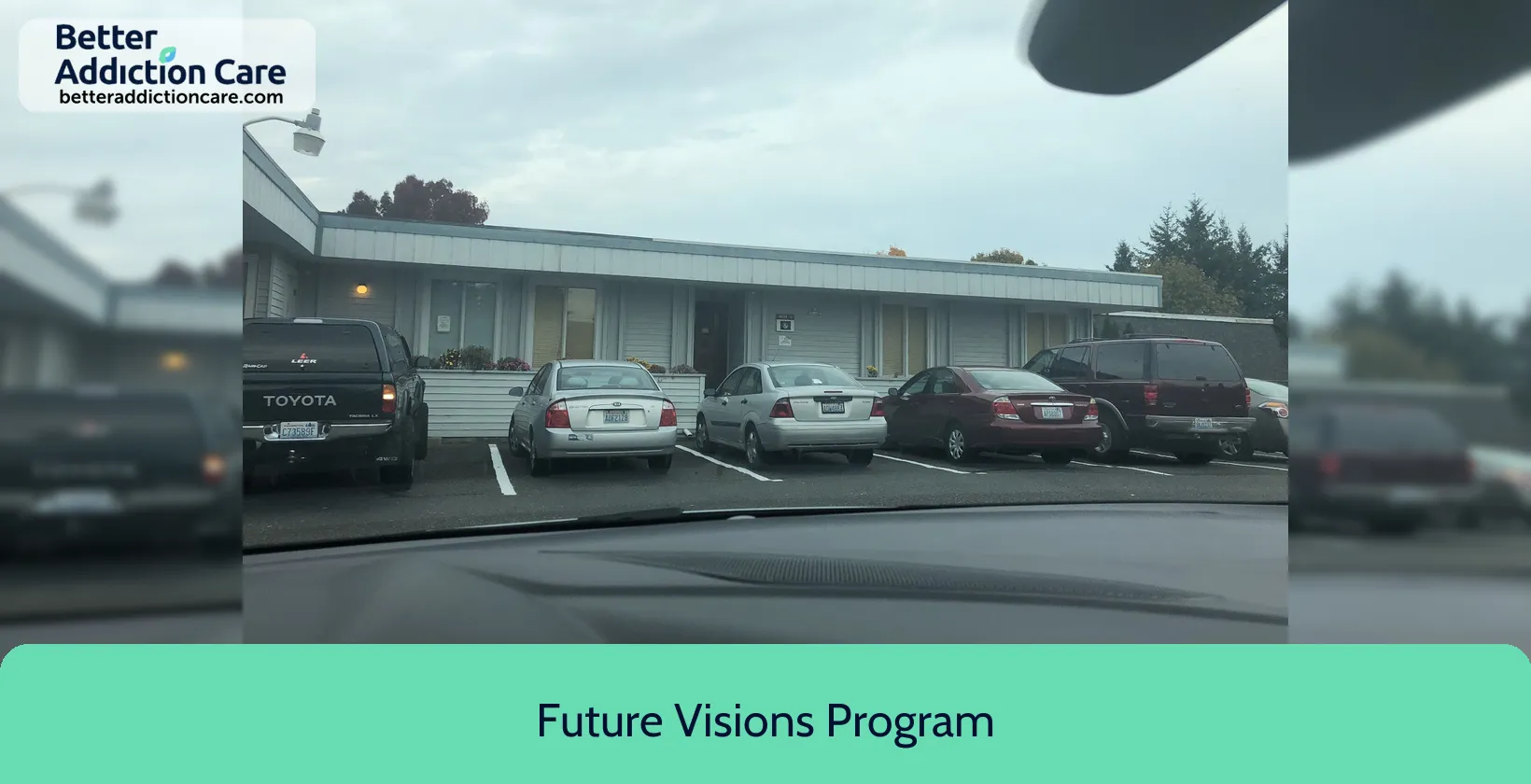
6.91

7.03
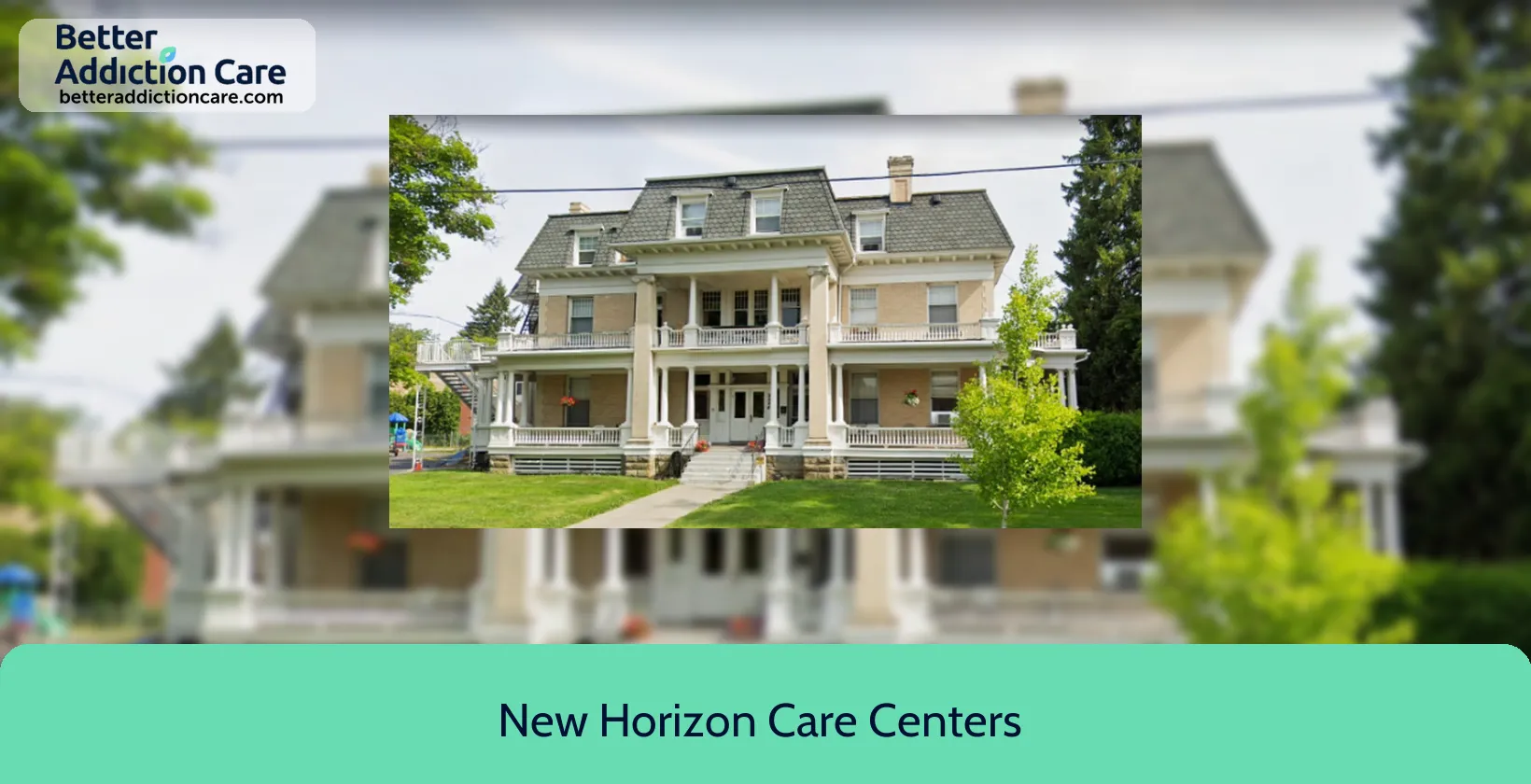
7.63

7.12
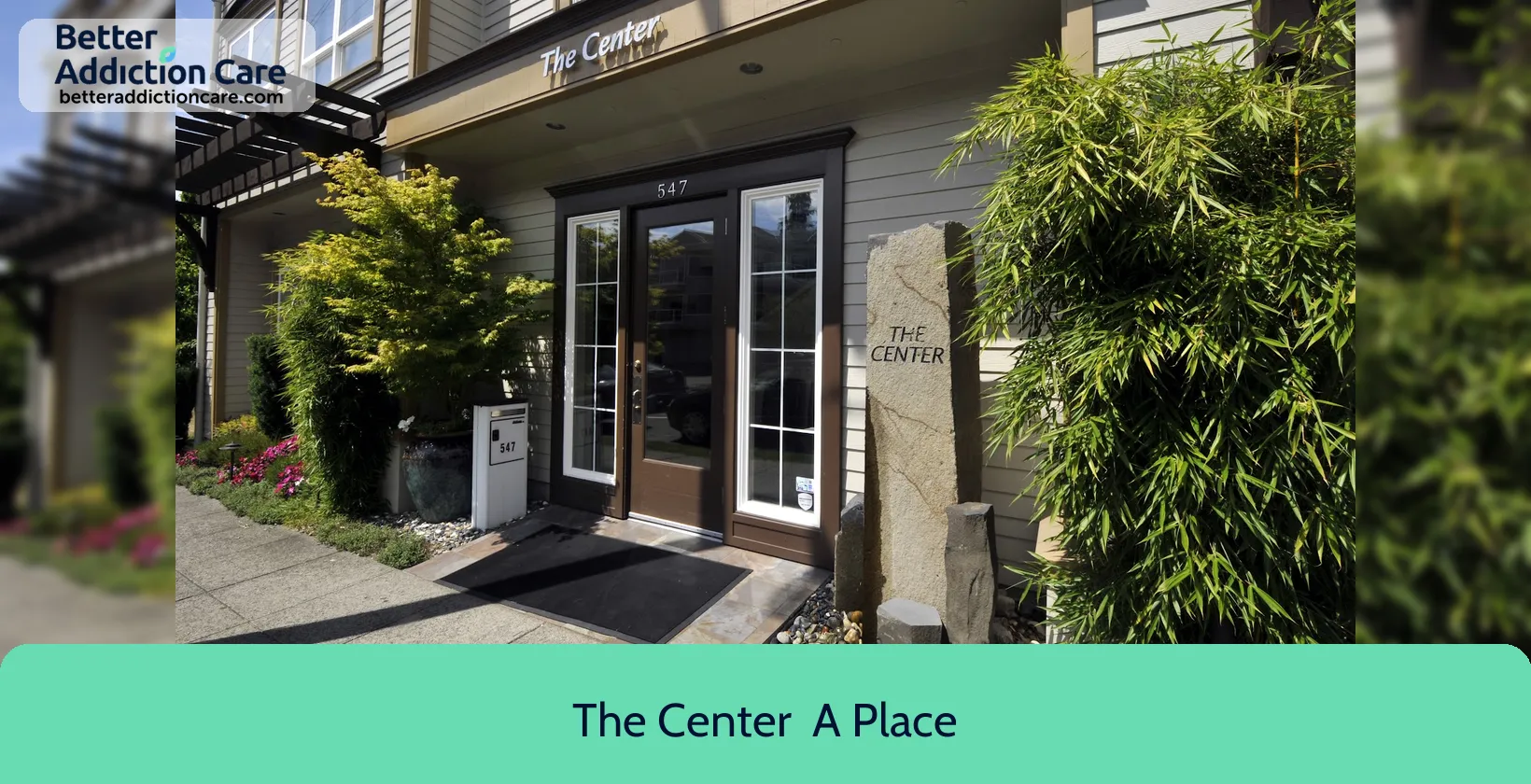
7.21
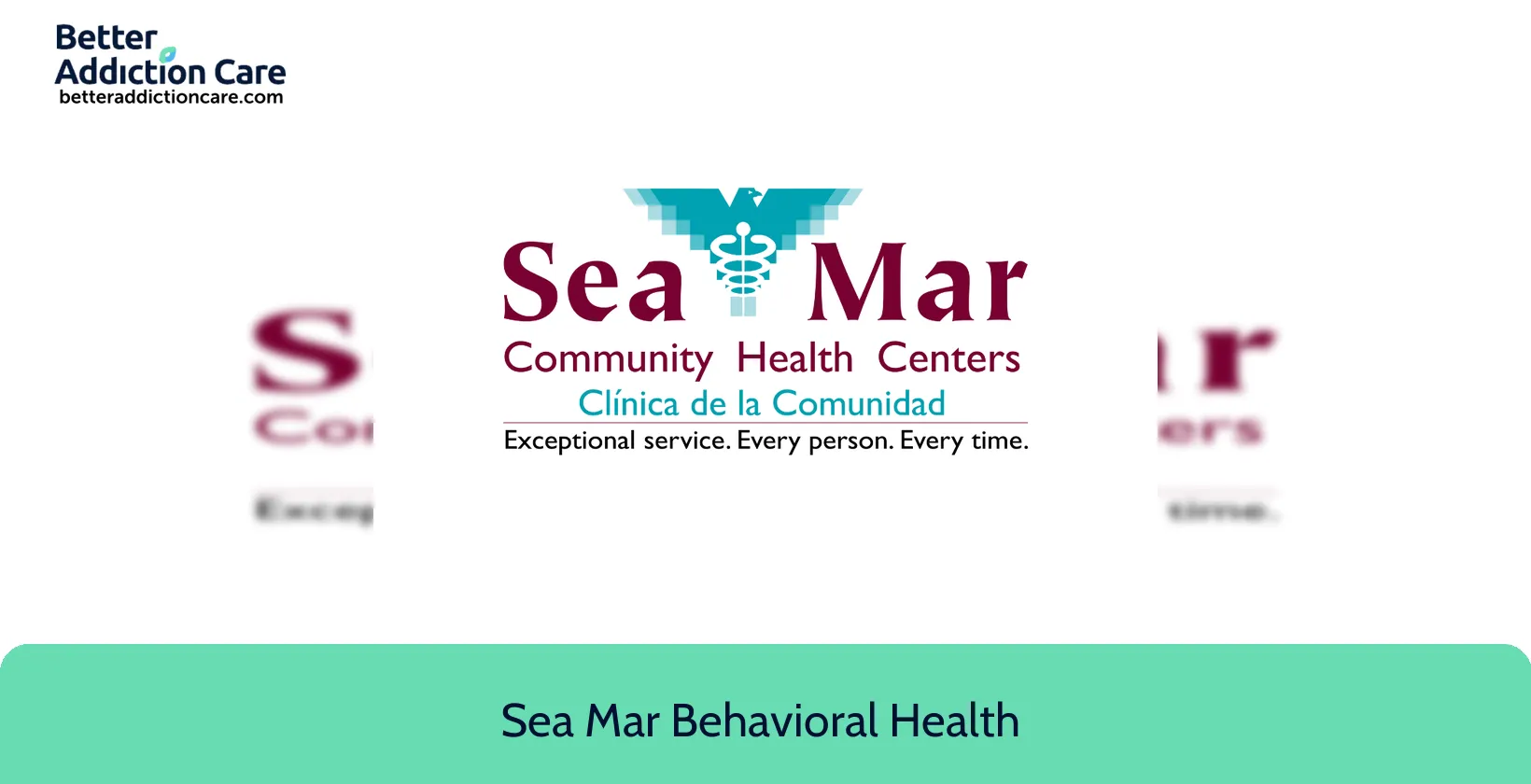
6.98
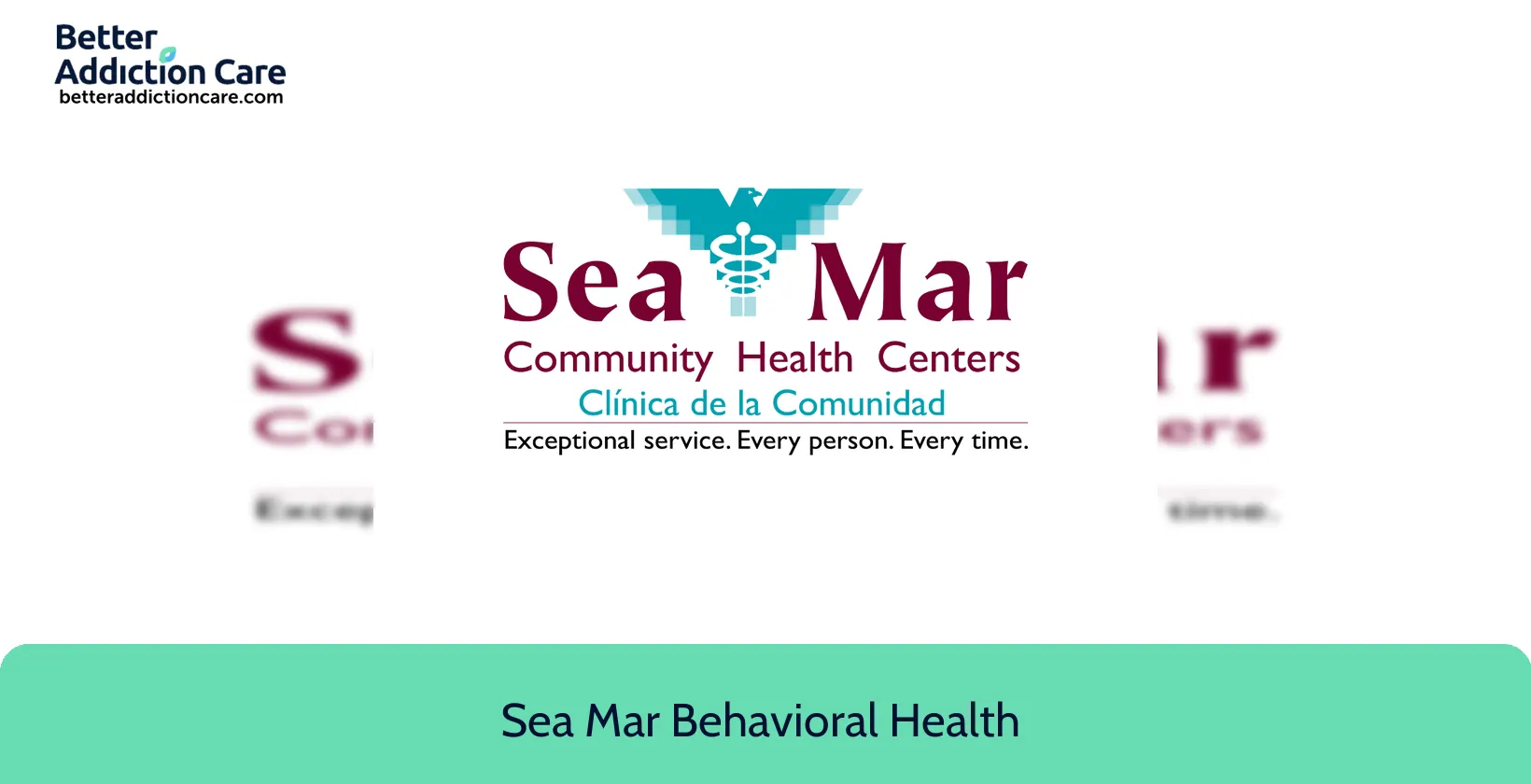
6.75
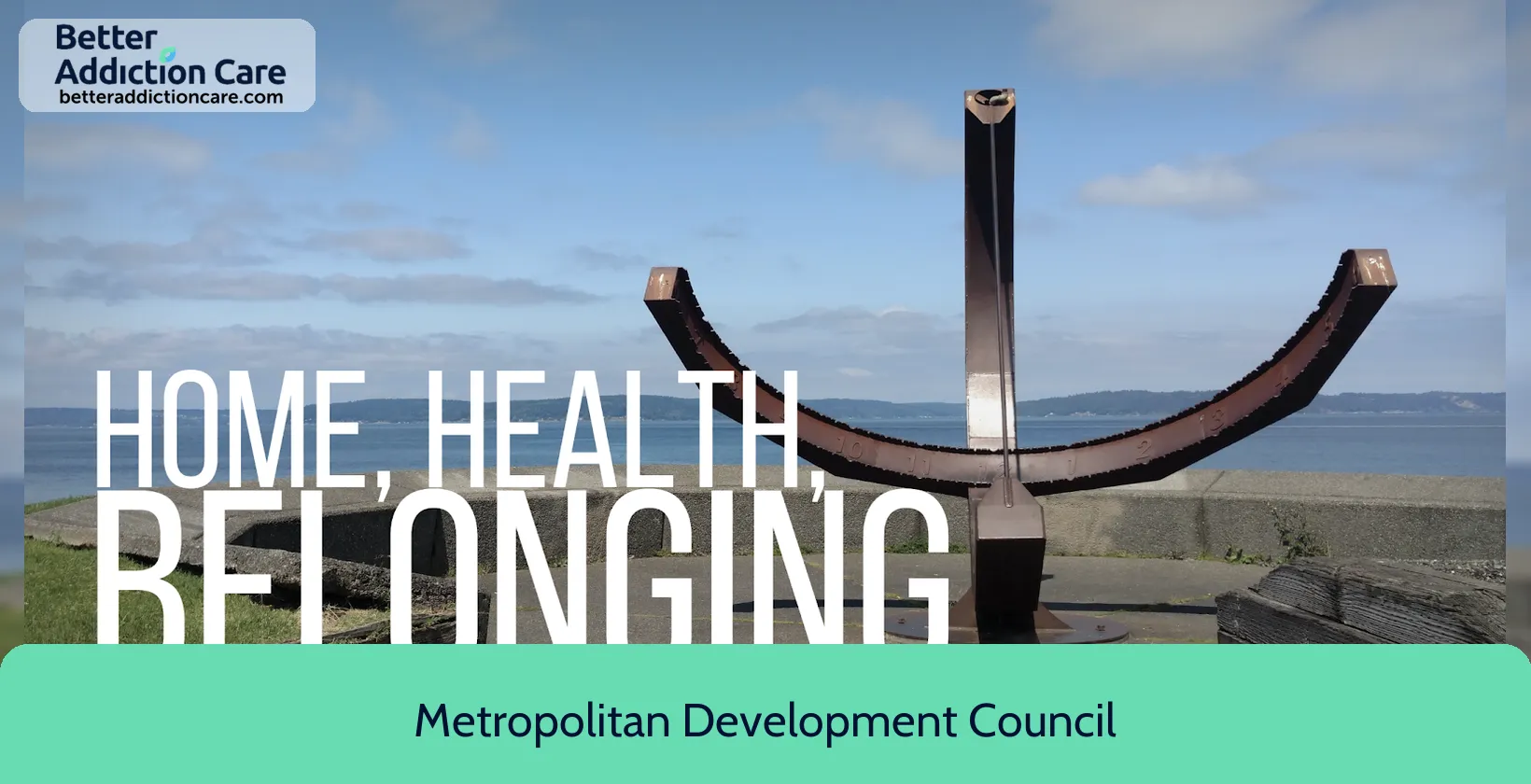
7.10
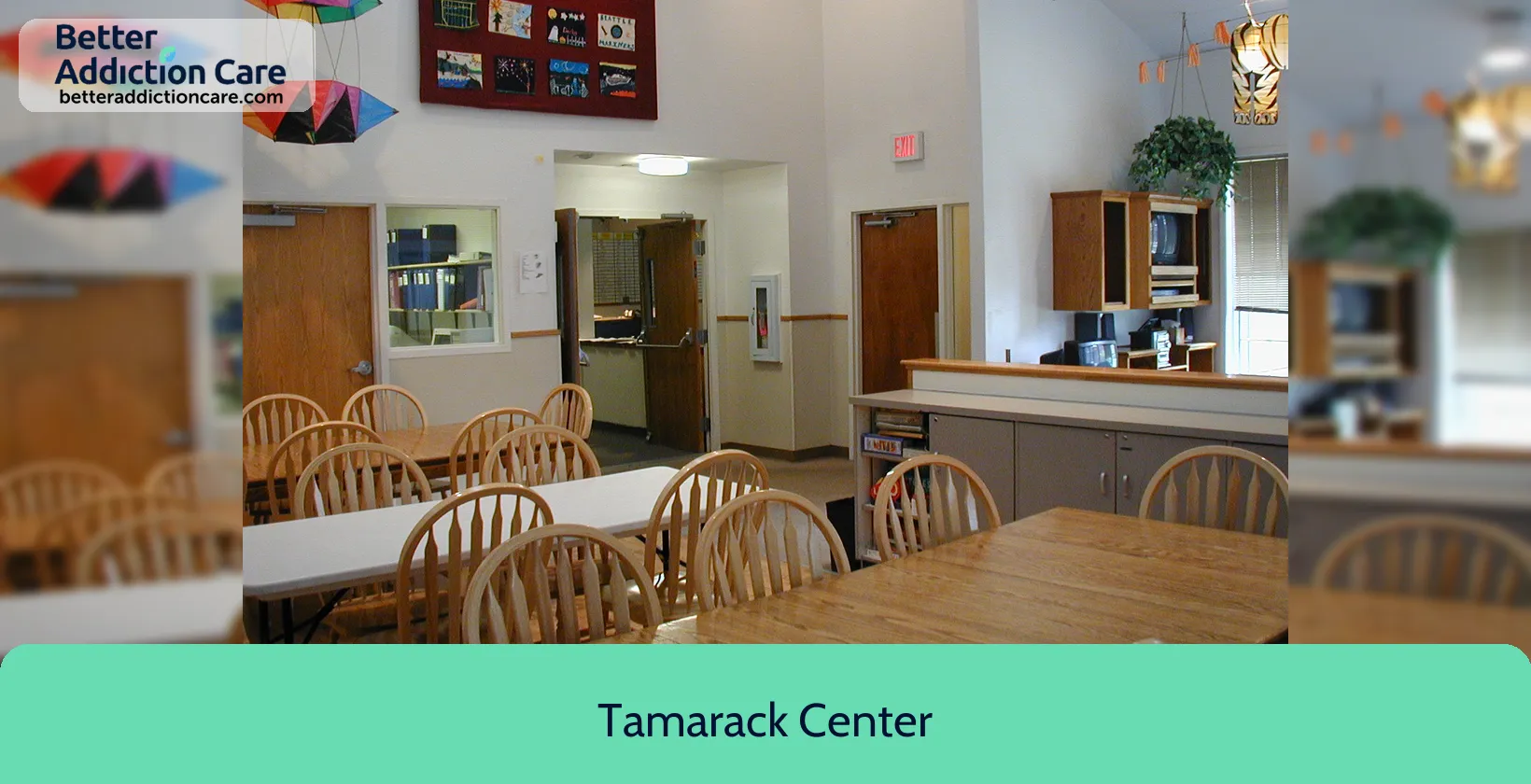
7.04
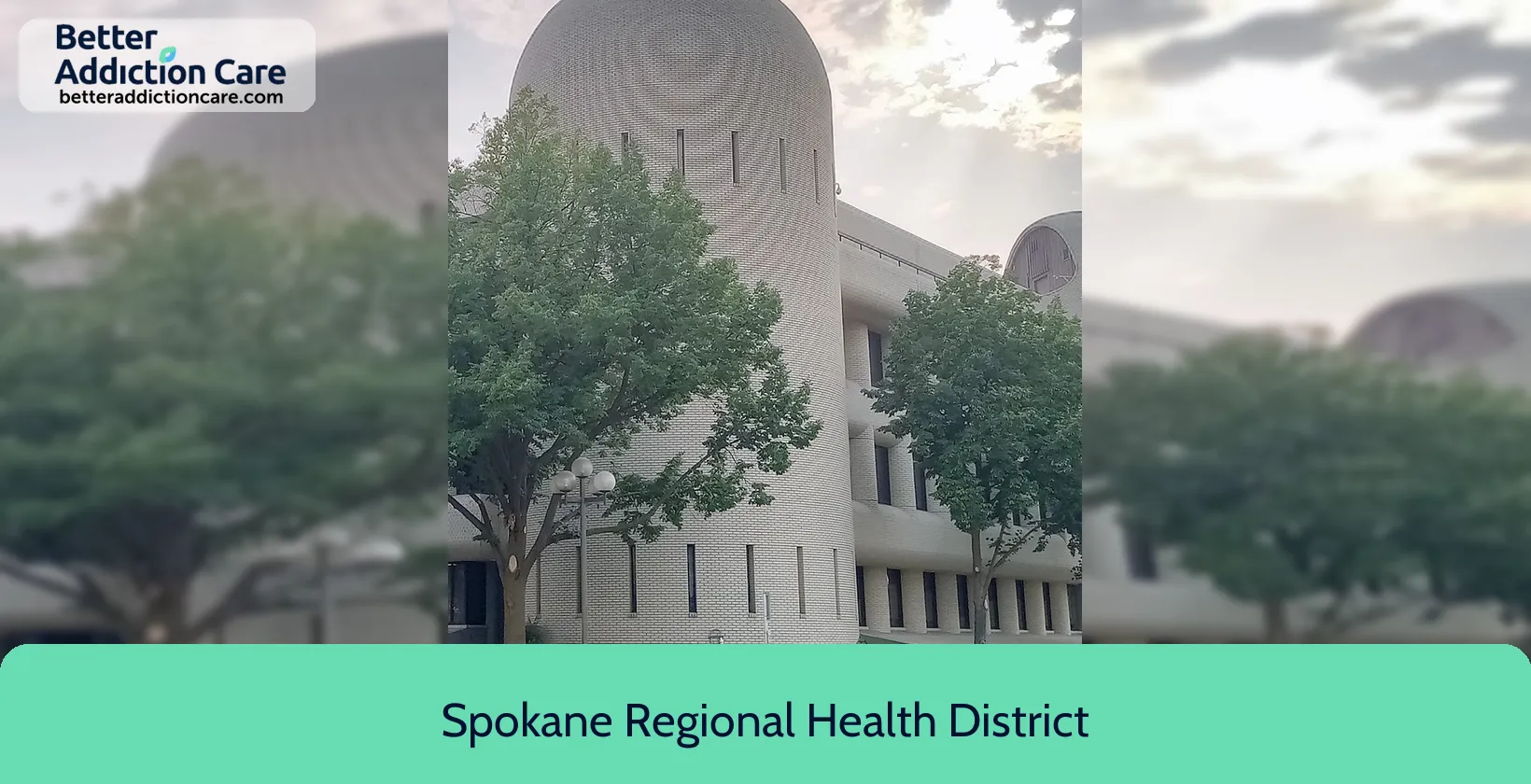
6.79
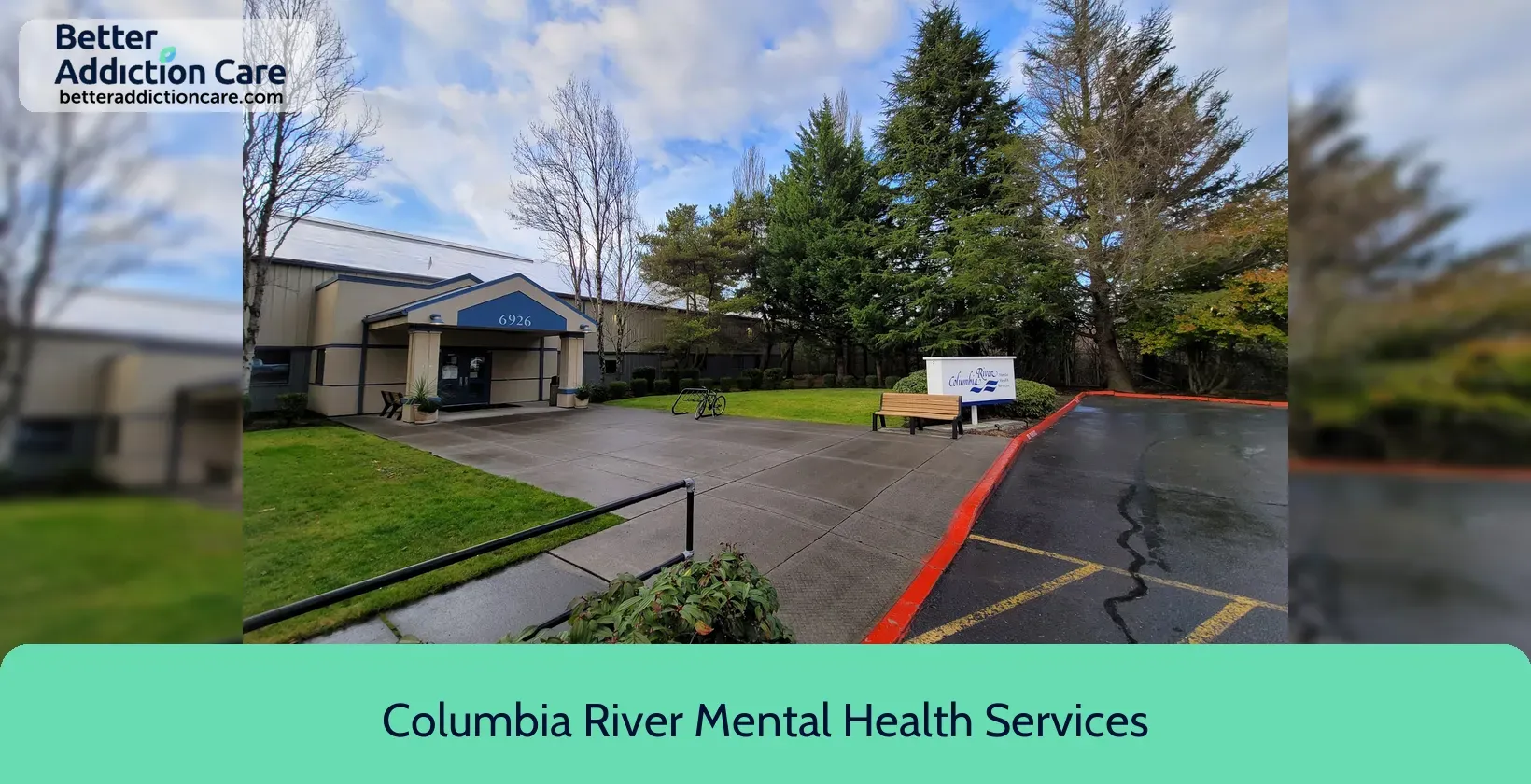
7.69
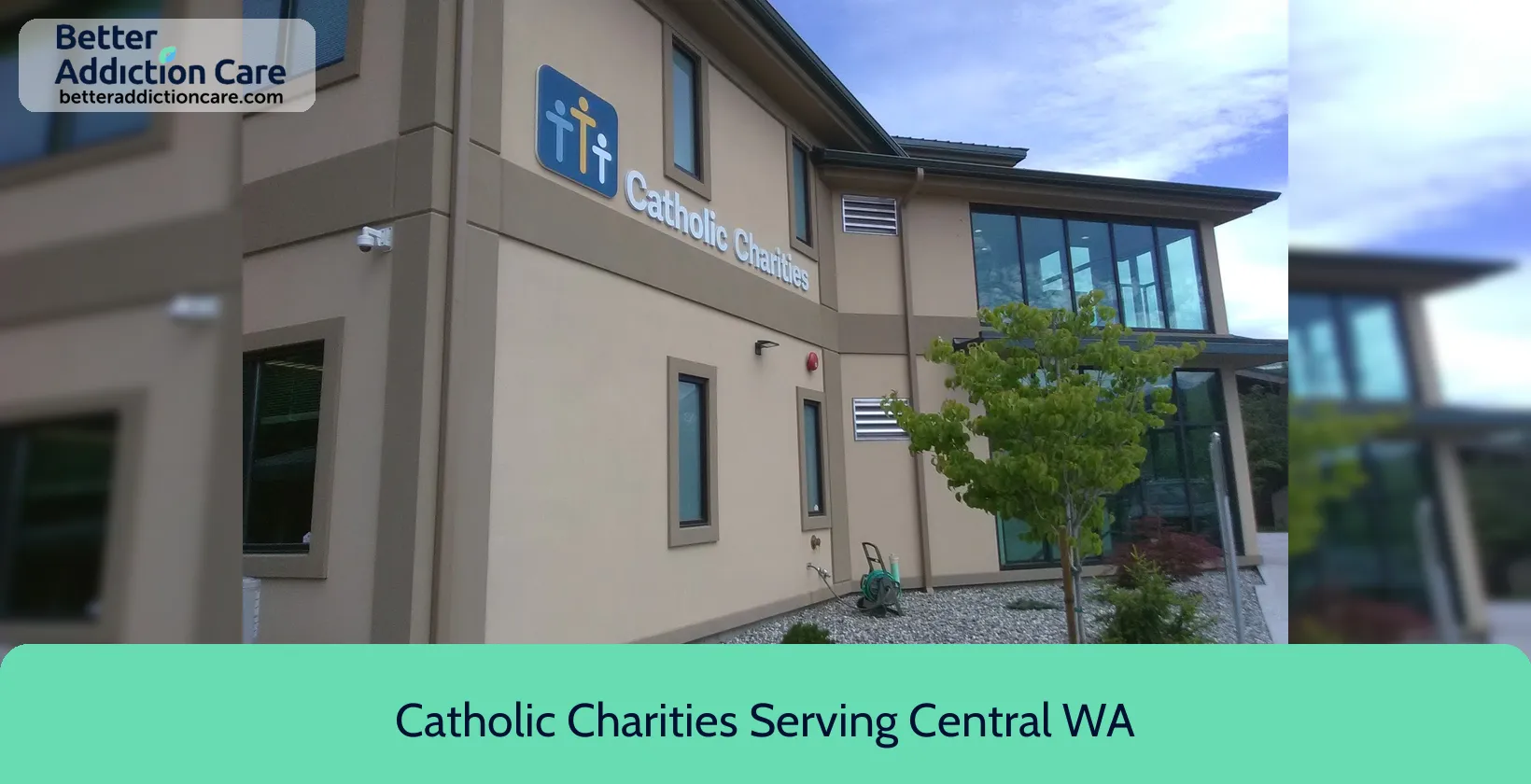
6.91
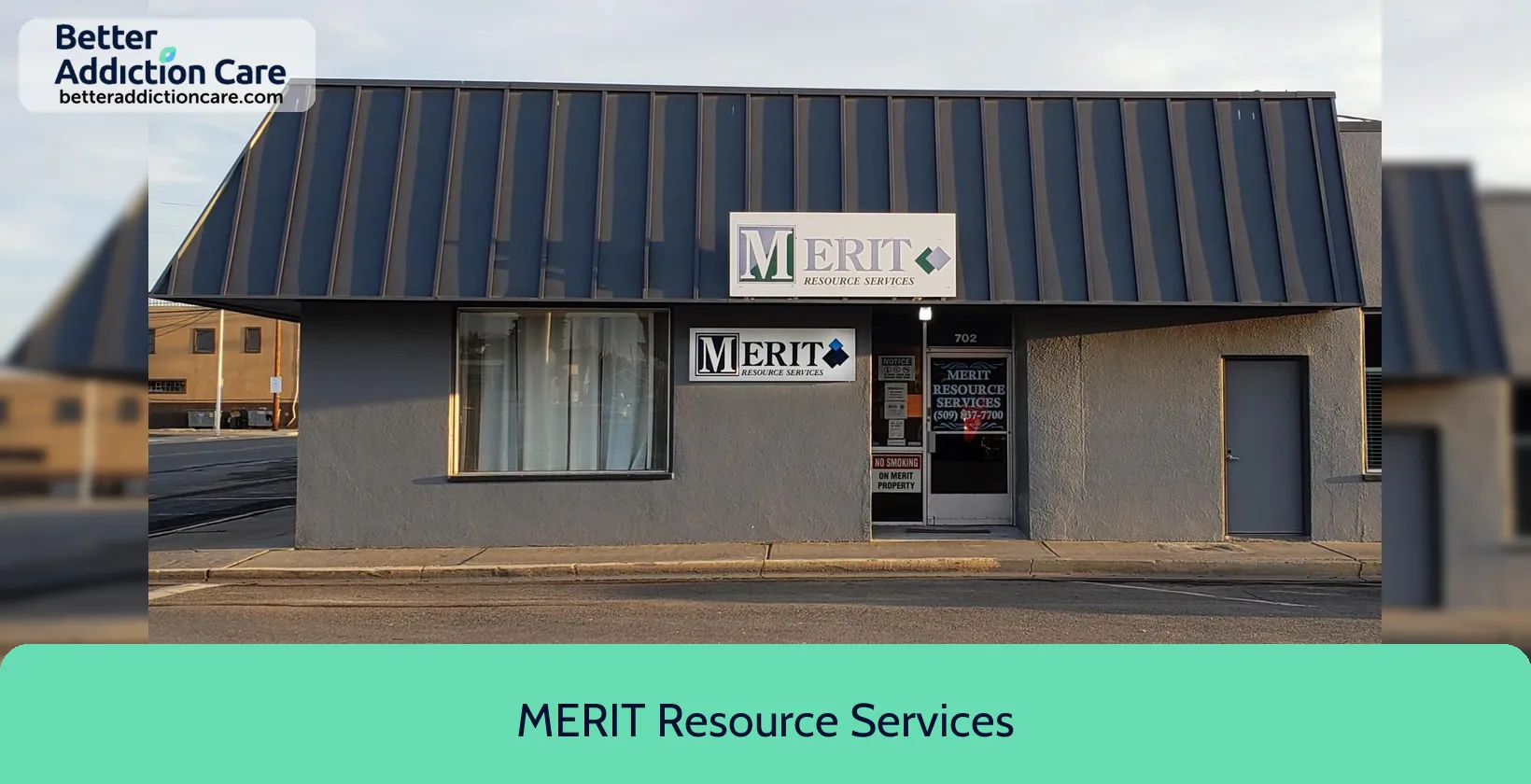
6.91

6.80
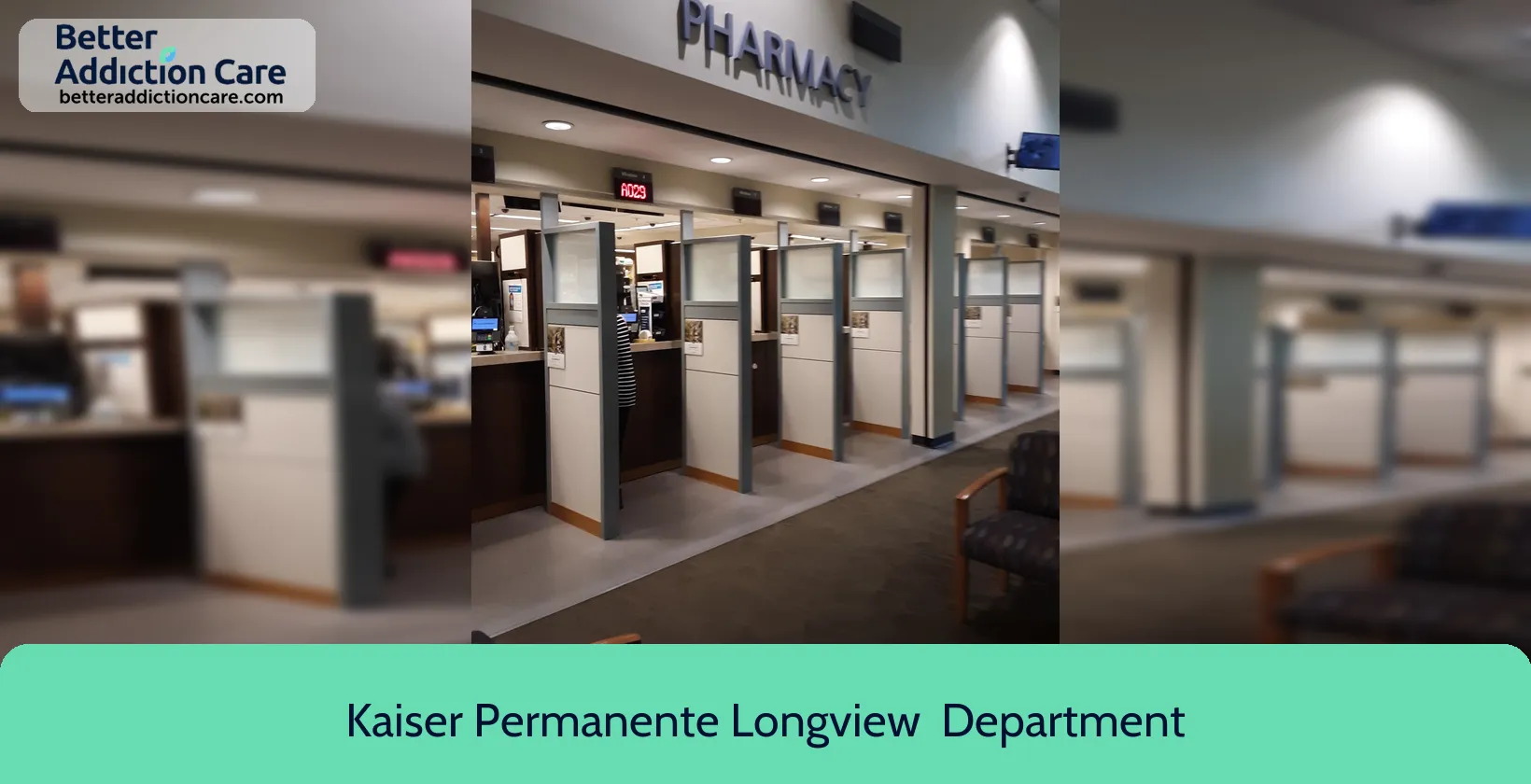
7.20
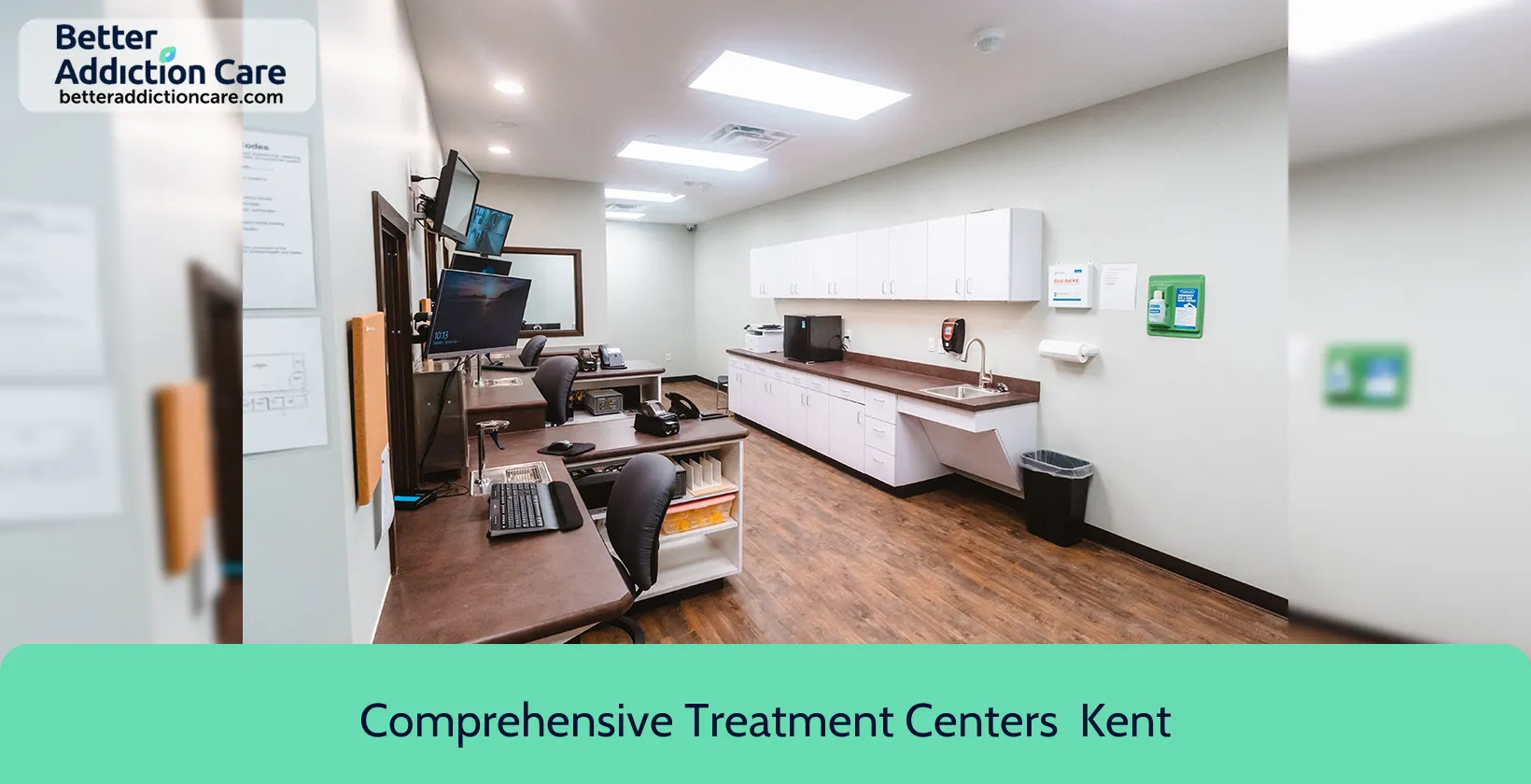
7.21
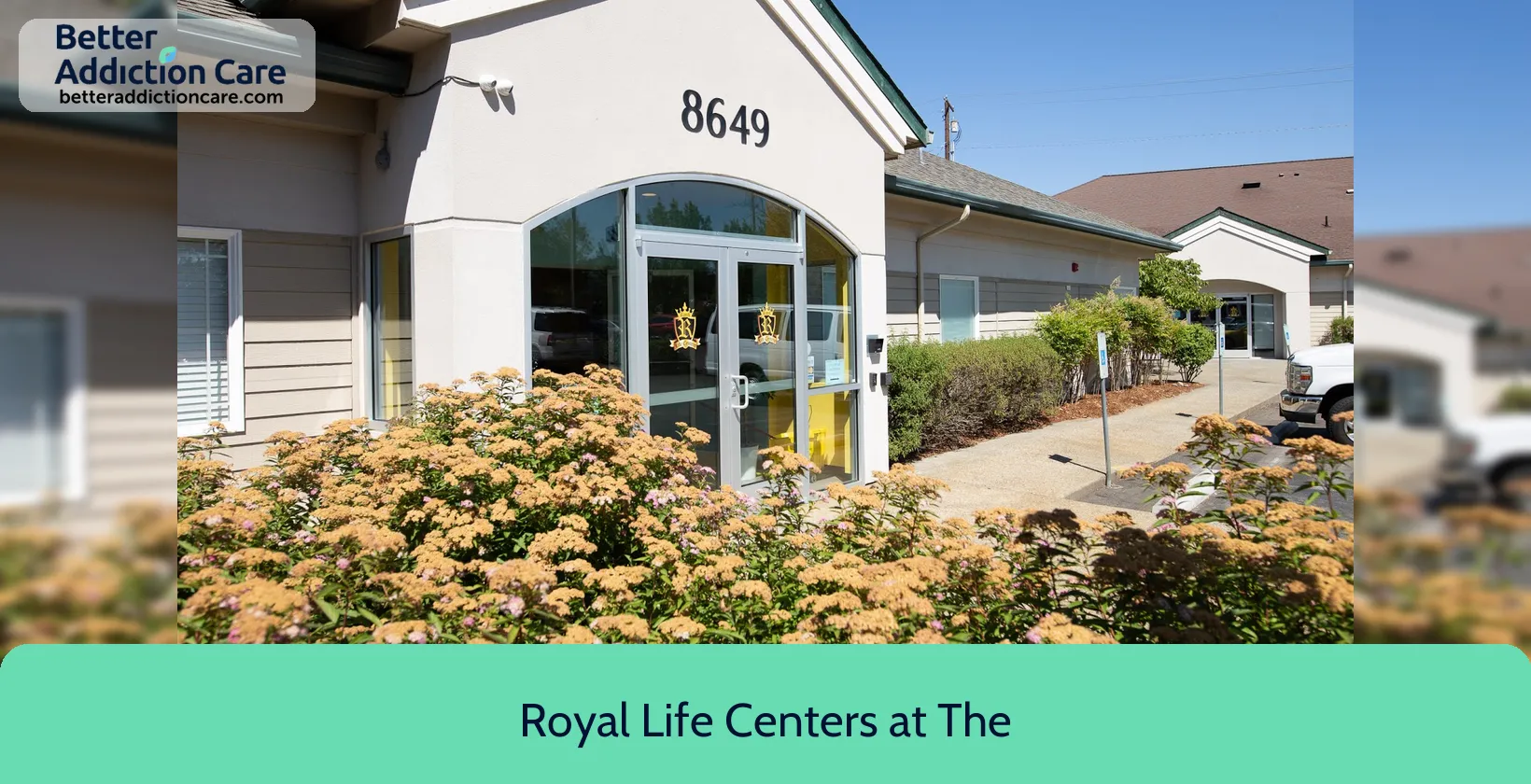
7.43
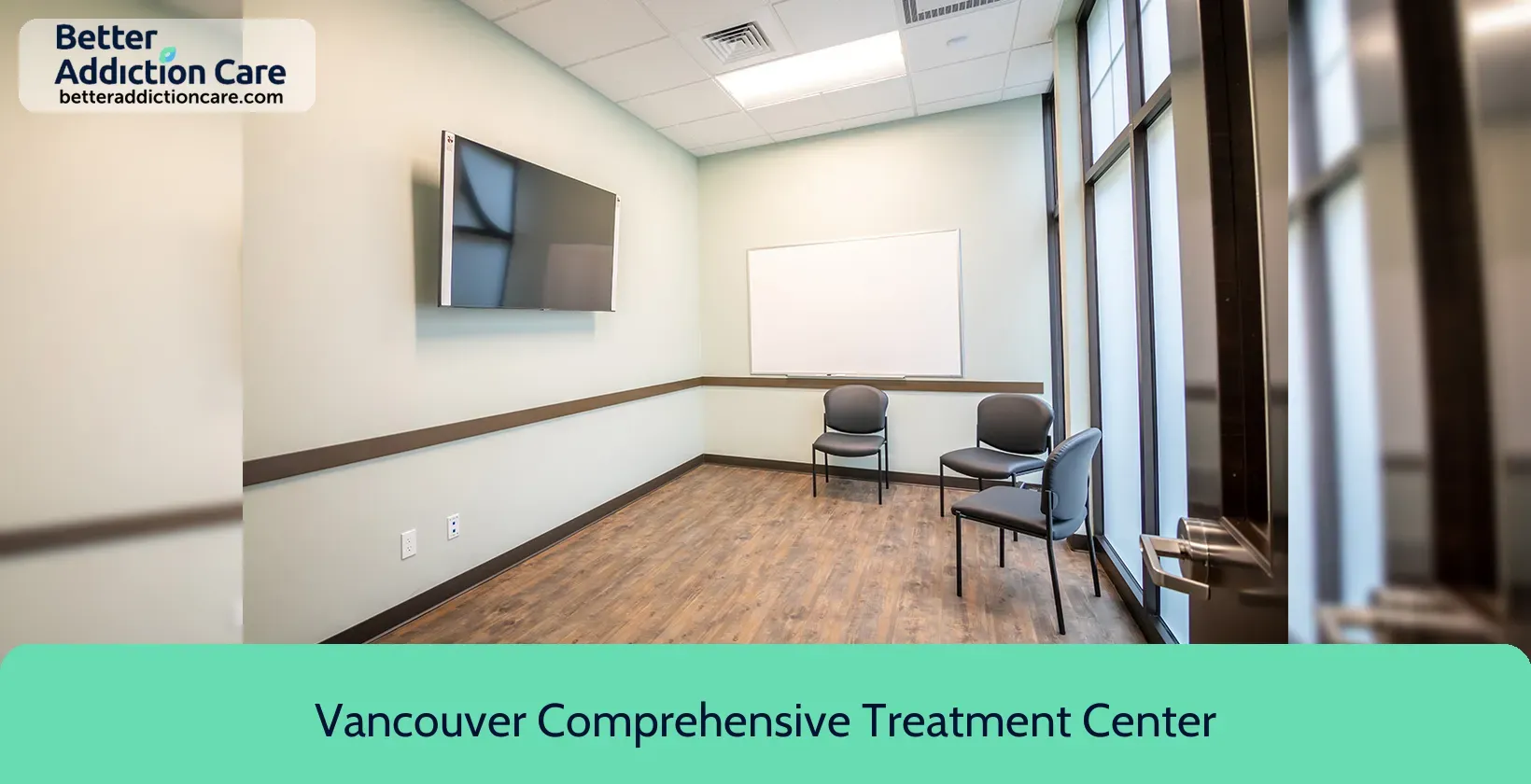
7.11
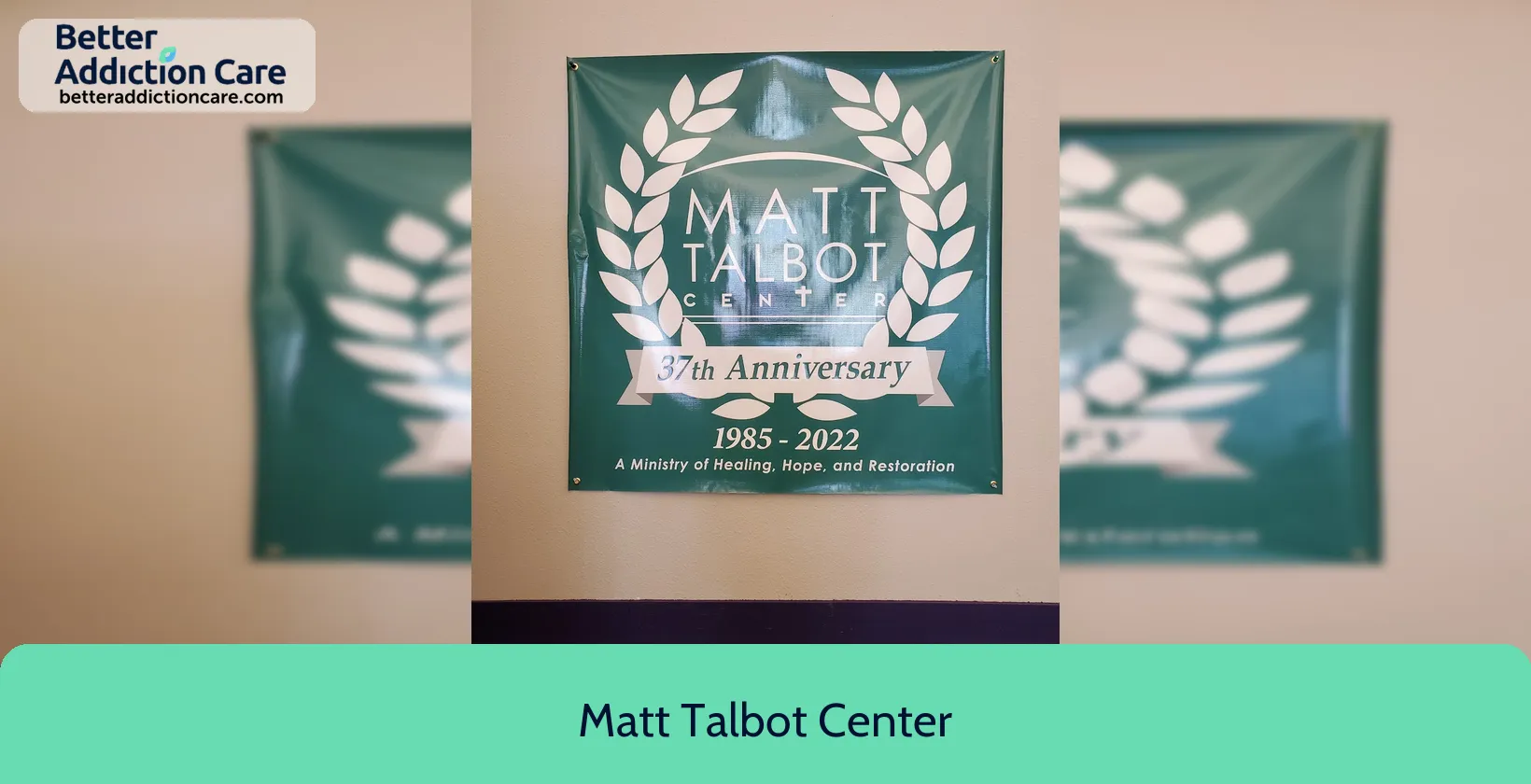
6.77
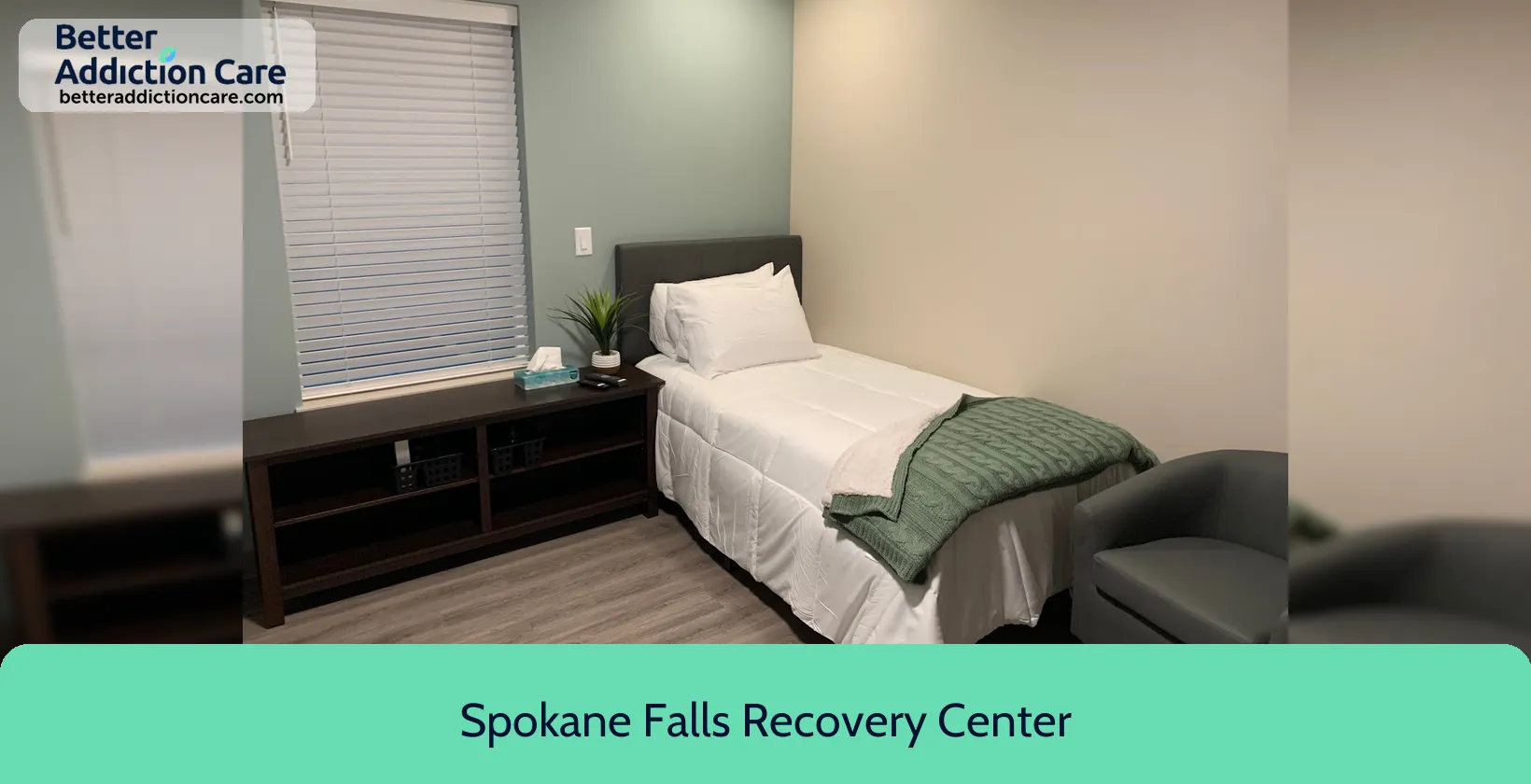
6.89
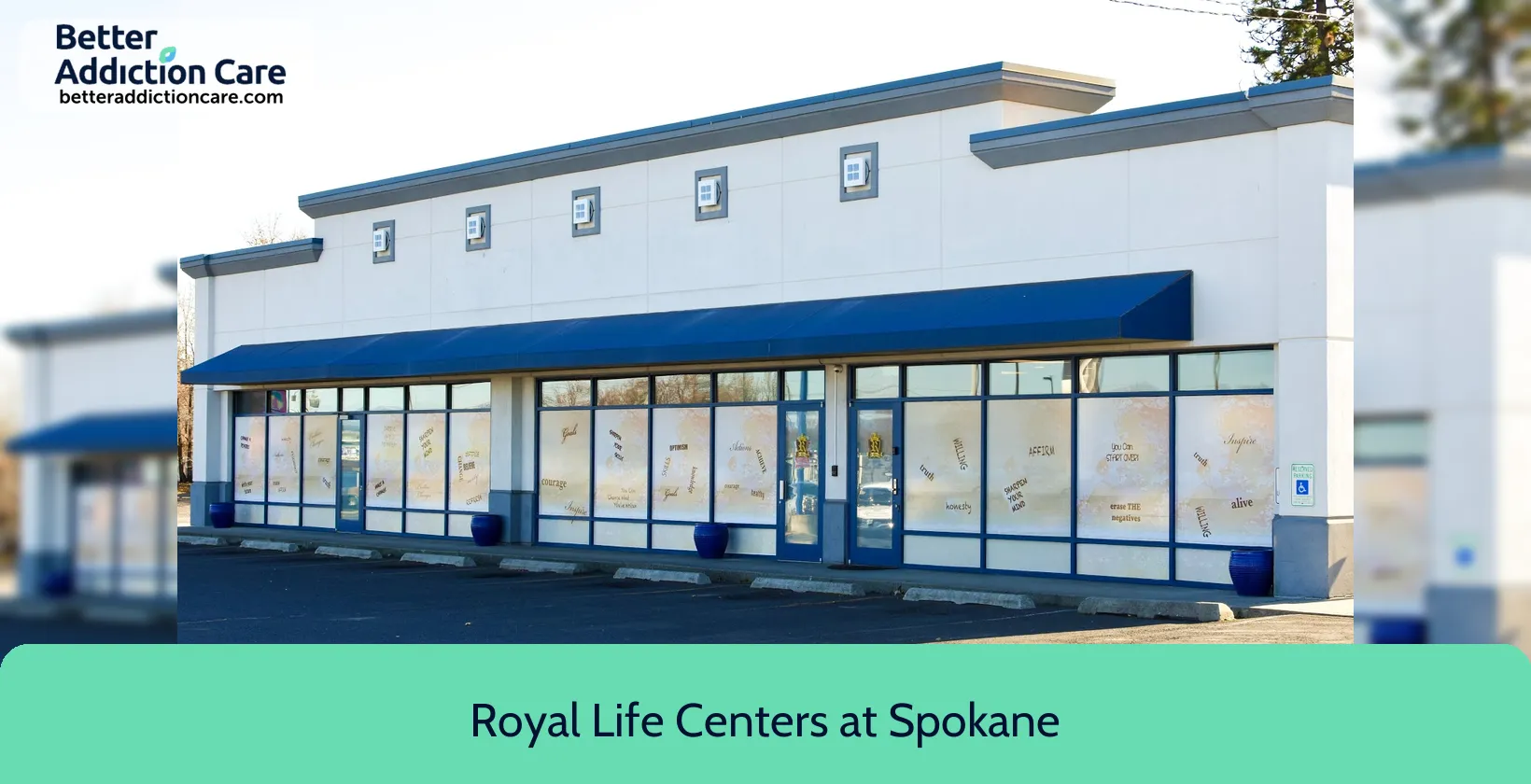
7.31
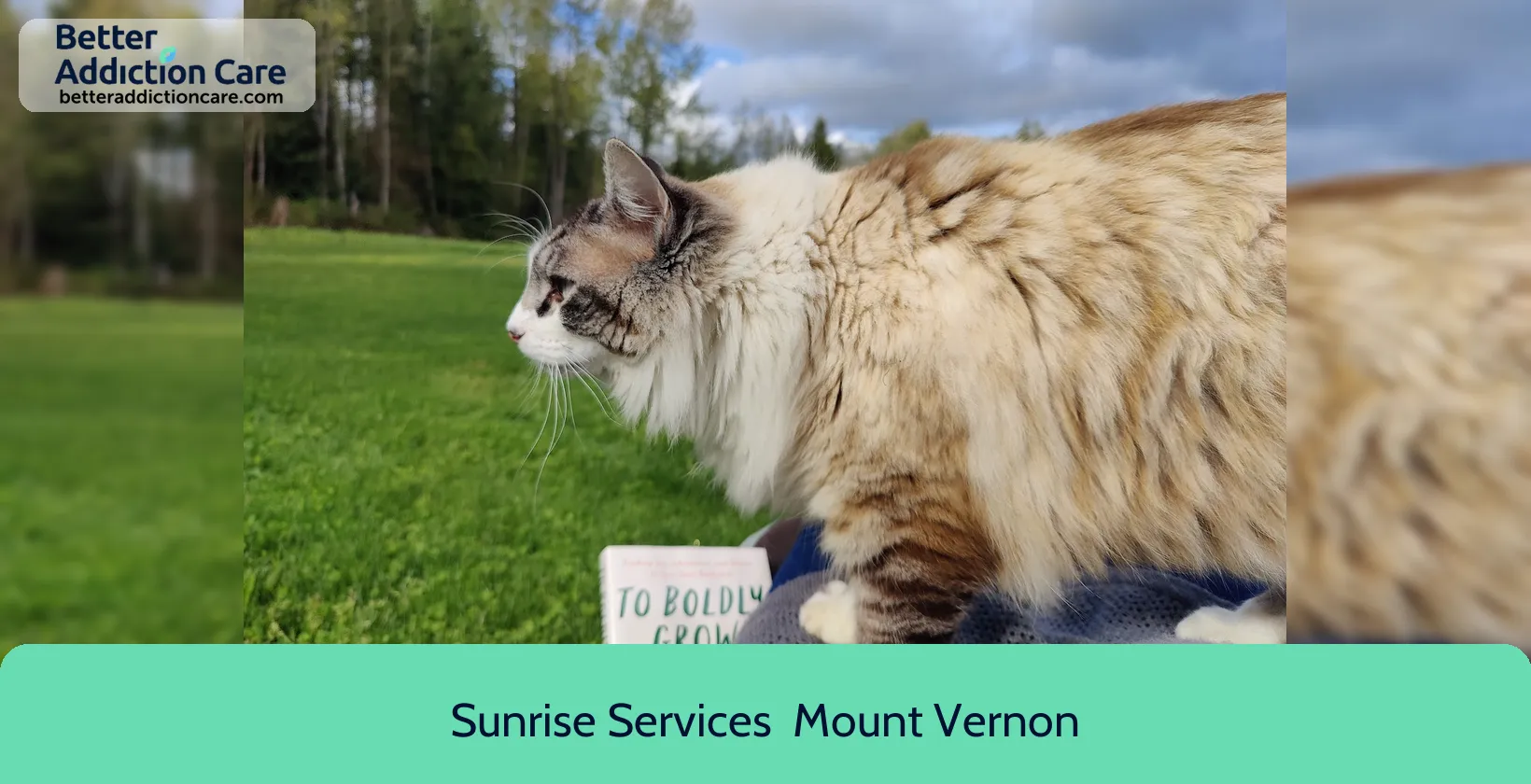
7.42
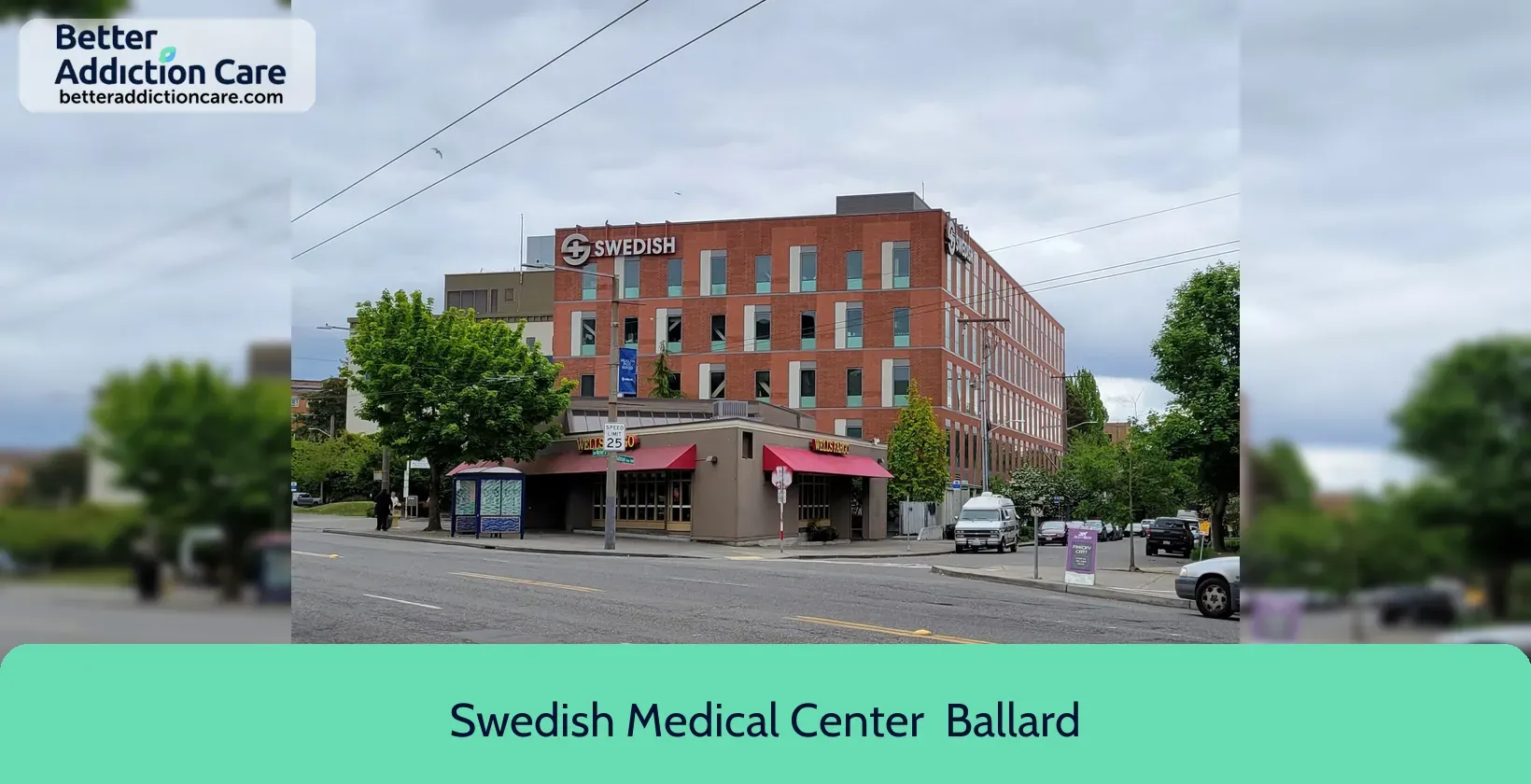
7.60
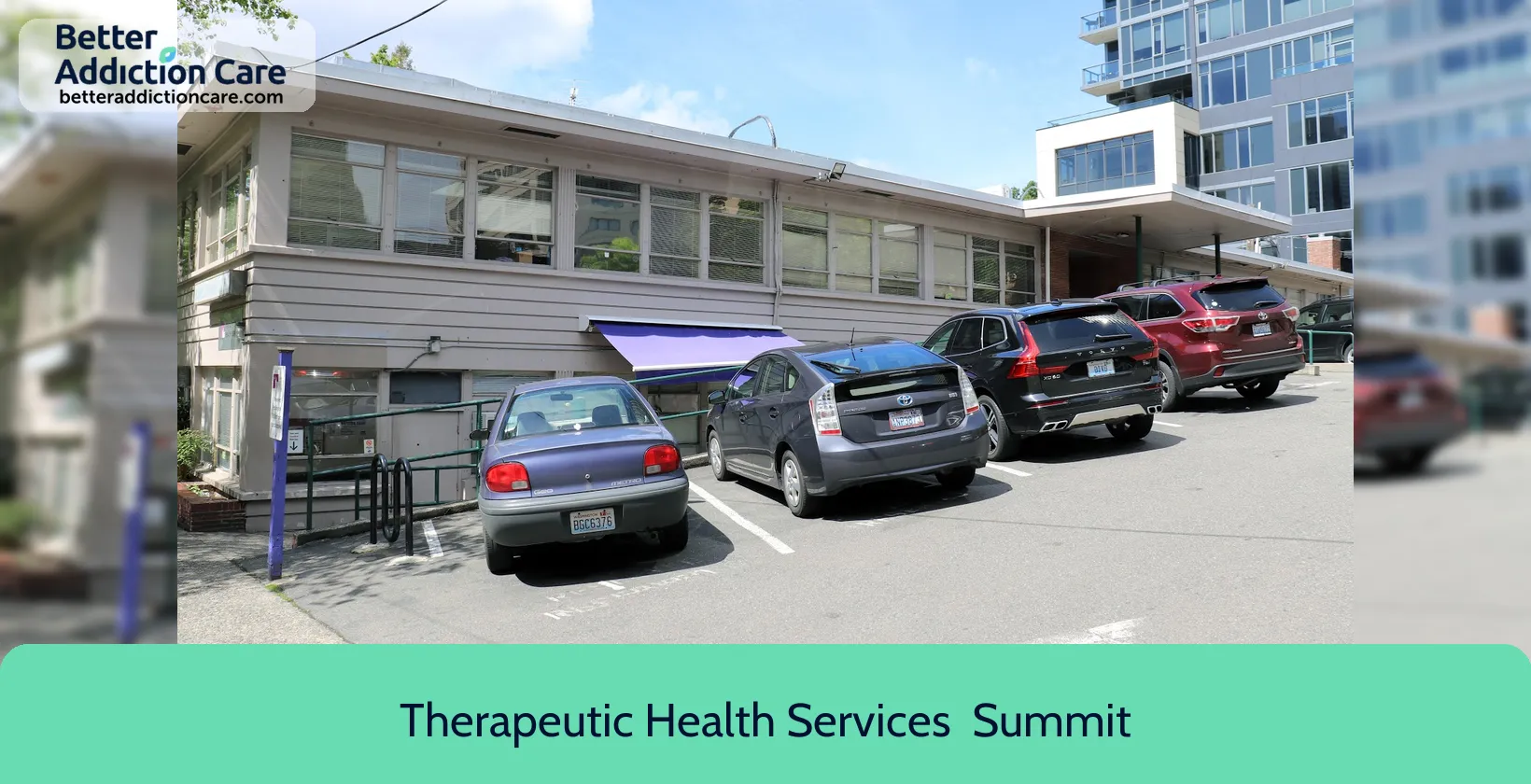
7.27
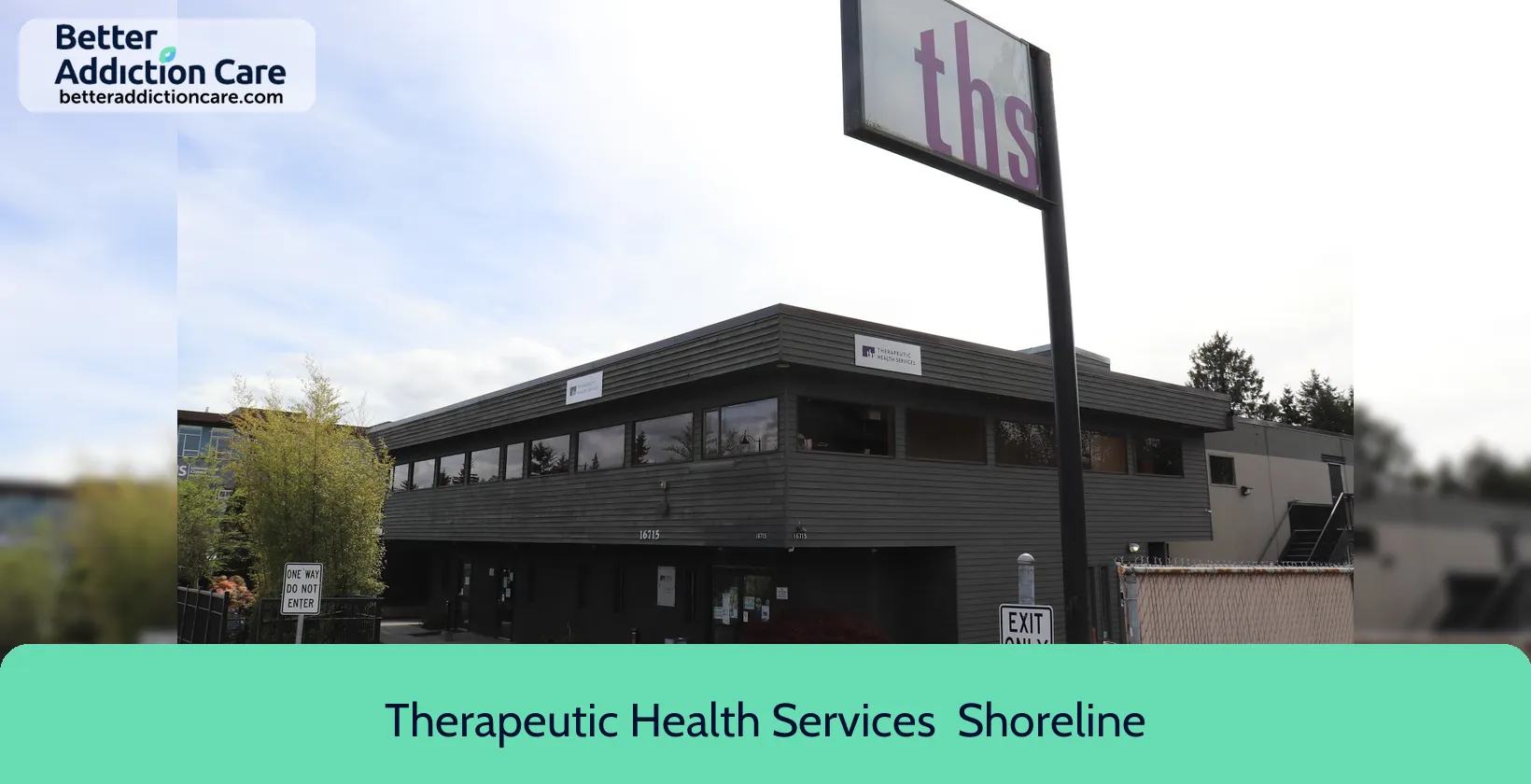
7.27
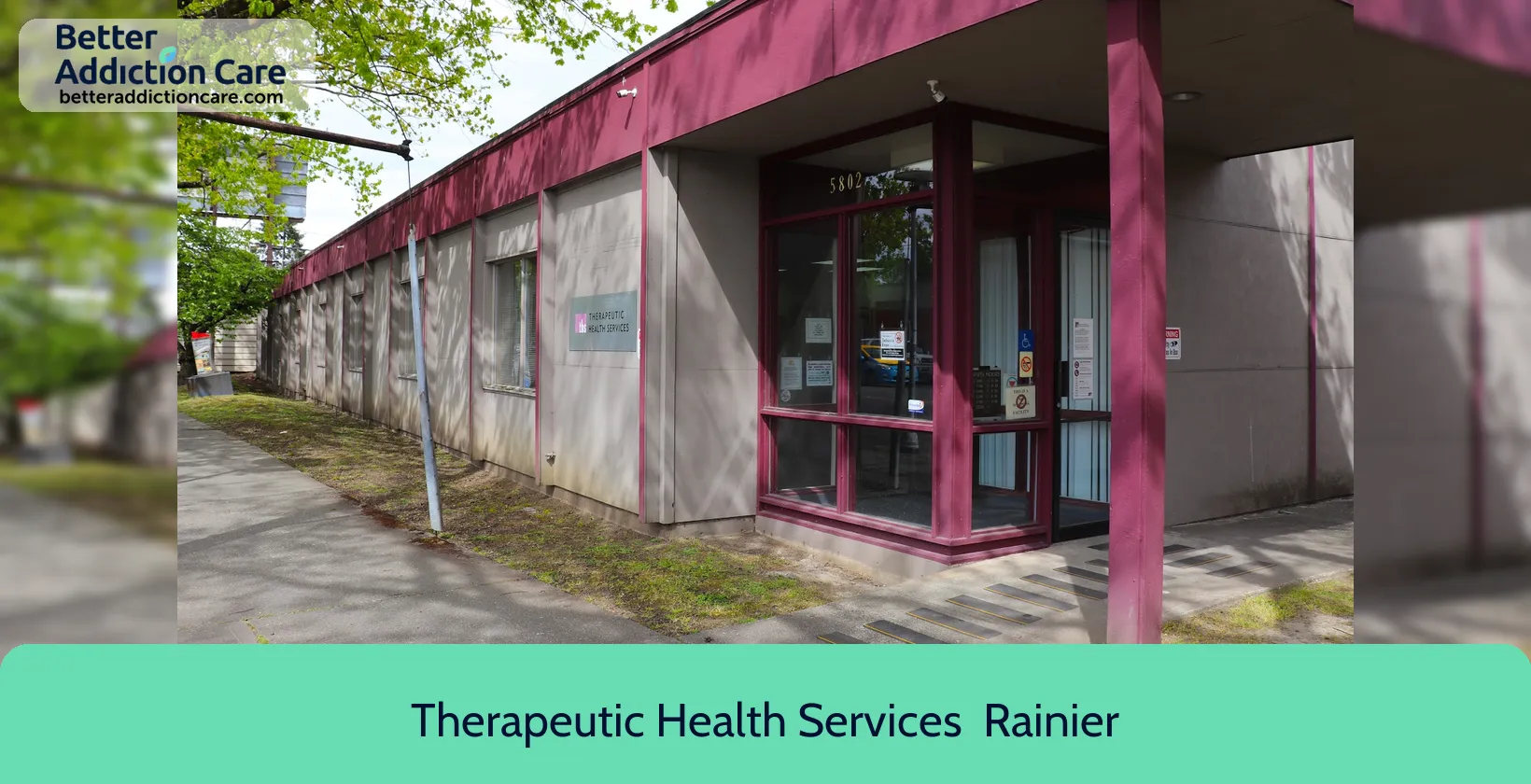
6.59
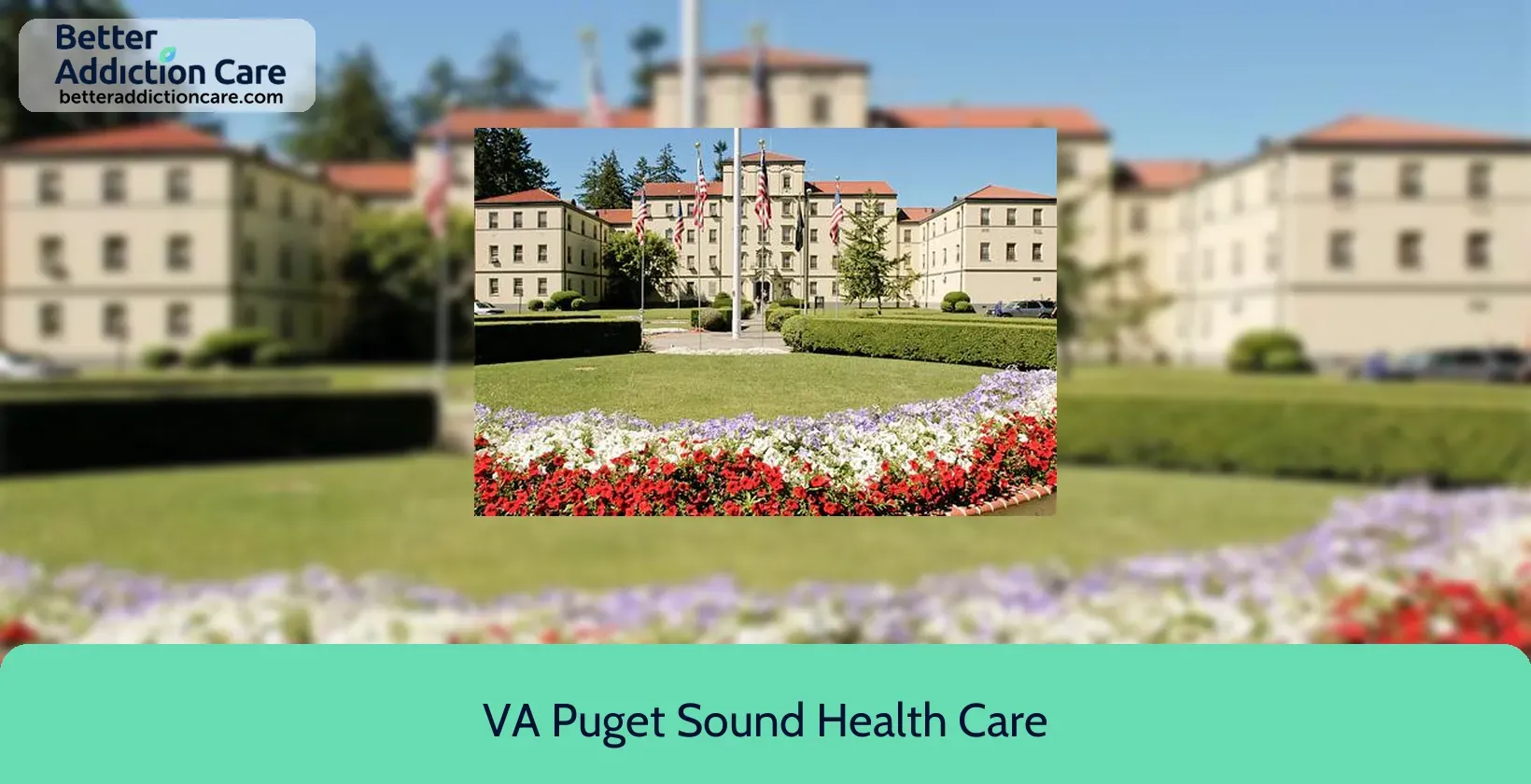
7.56
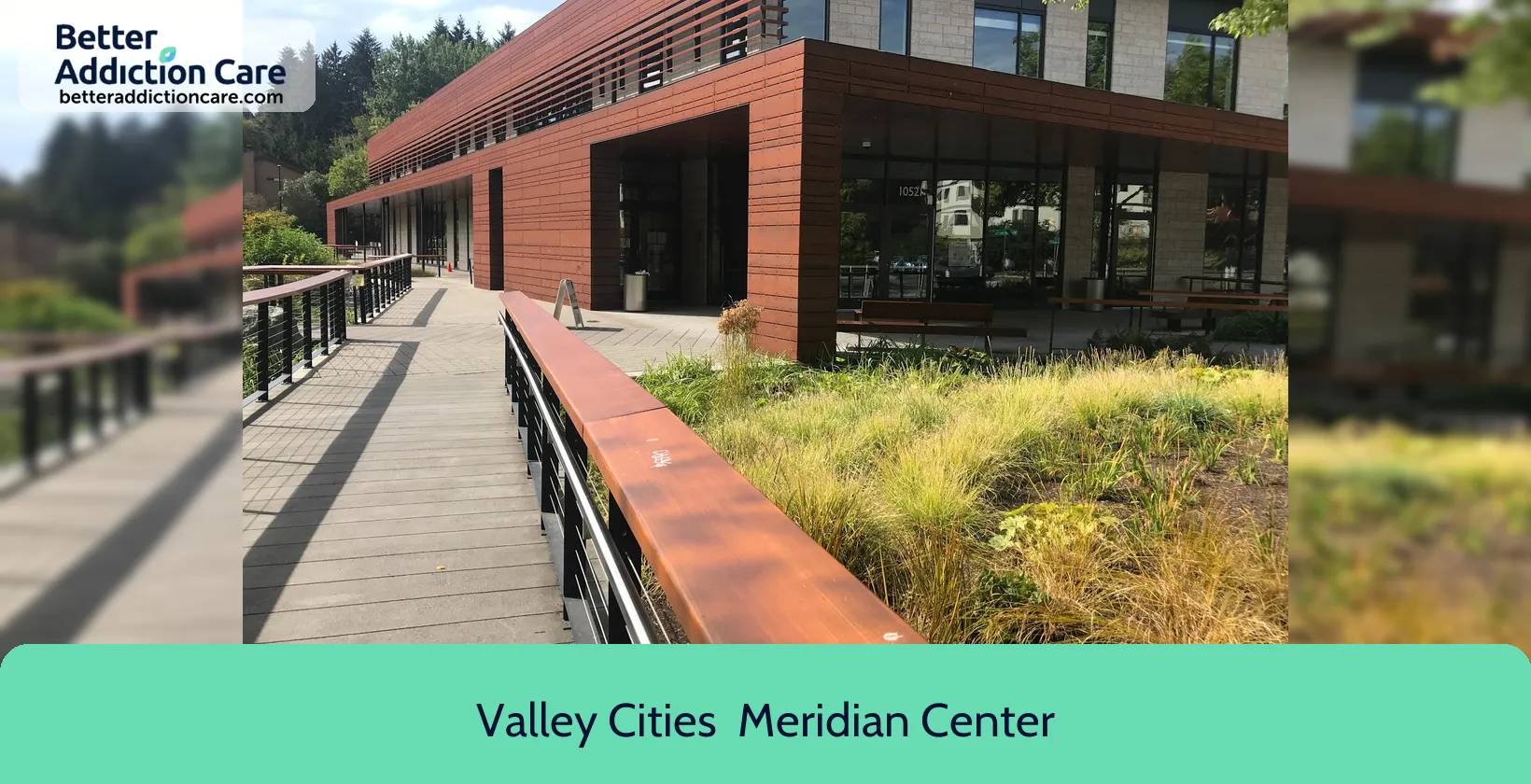
7.31
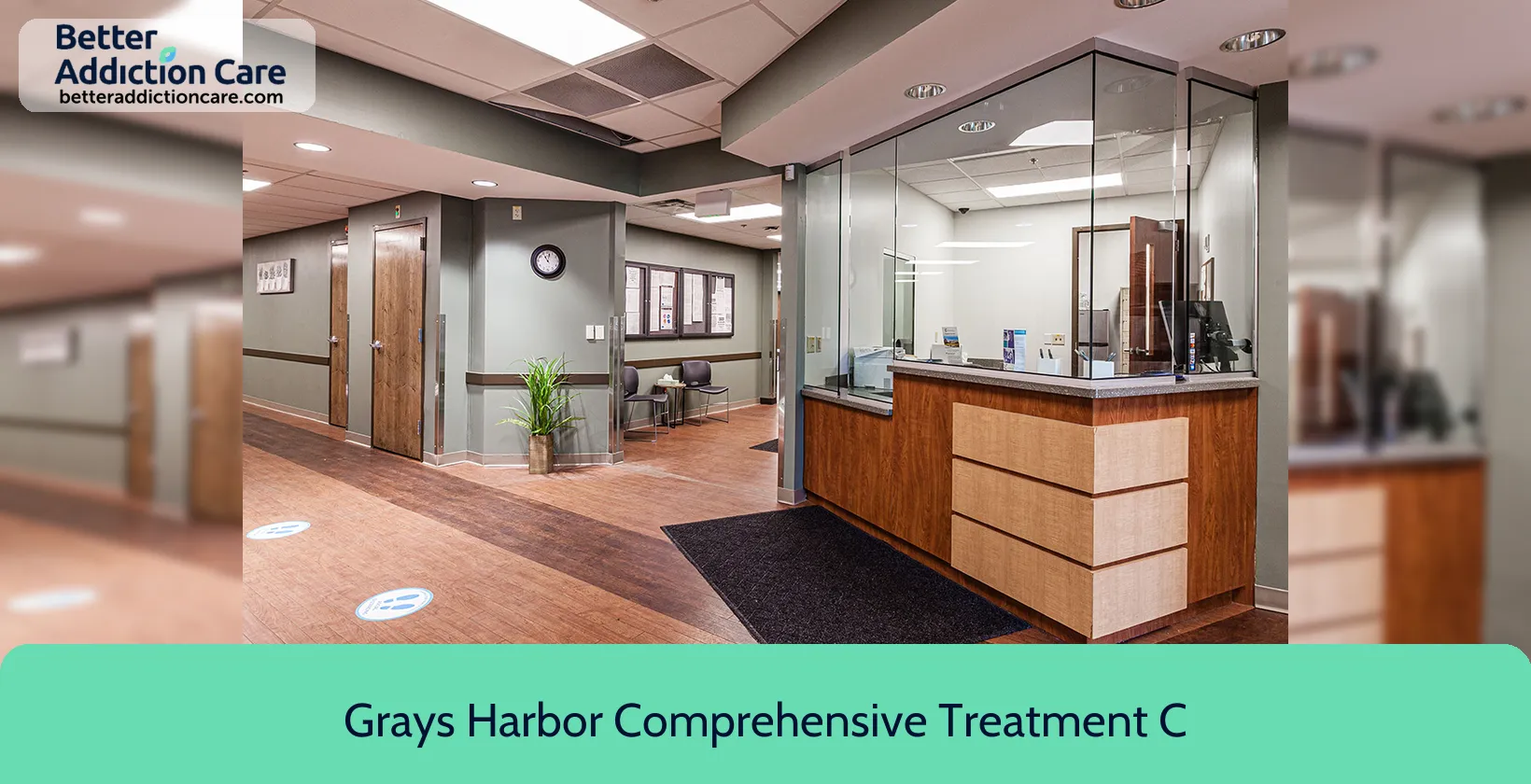
7.17
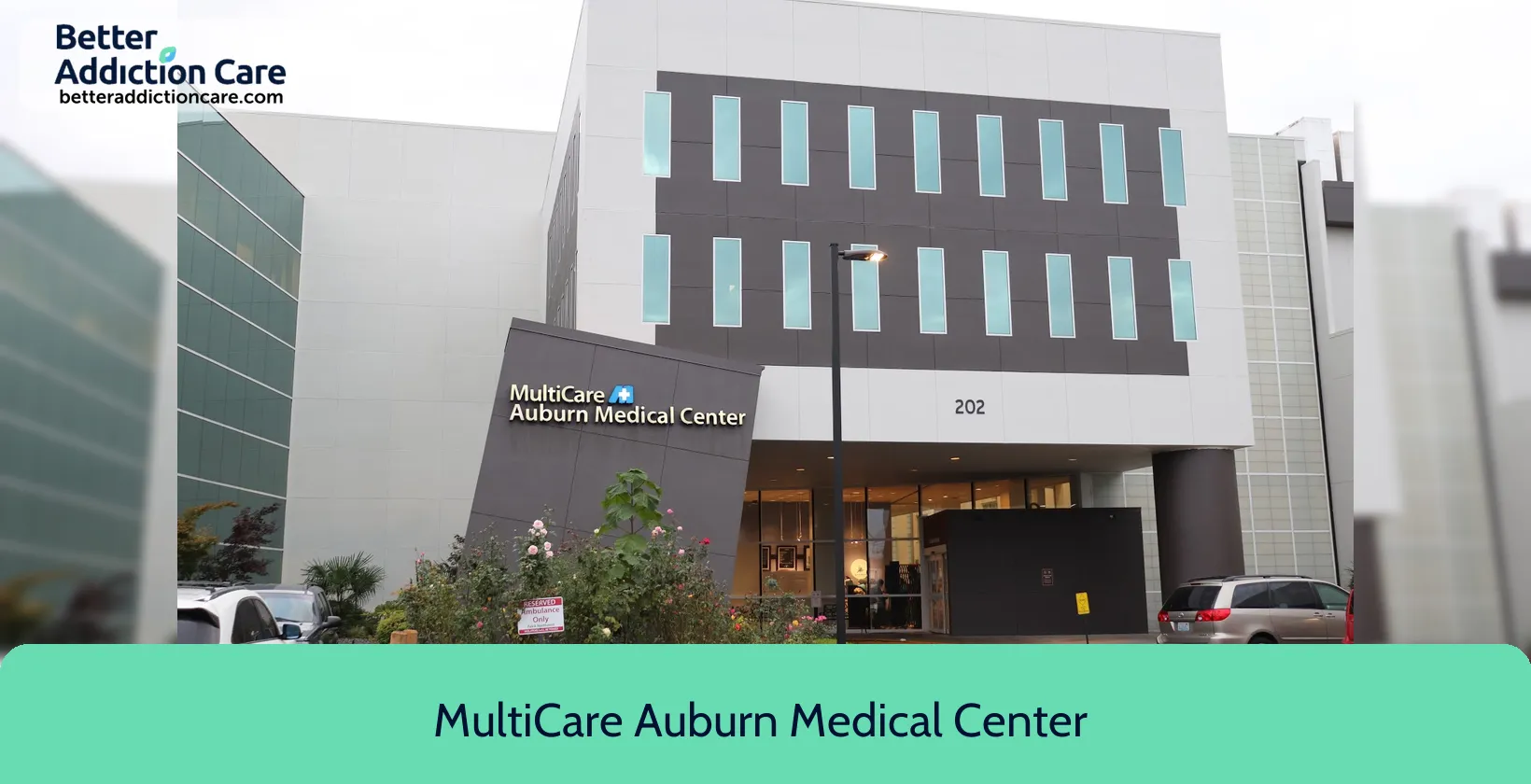
6.62
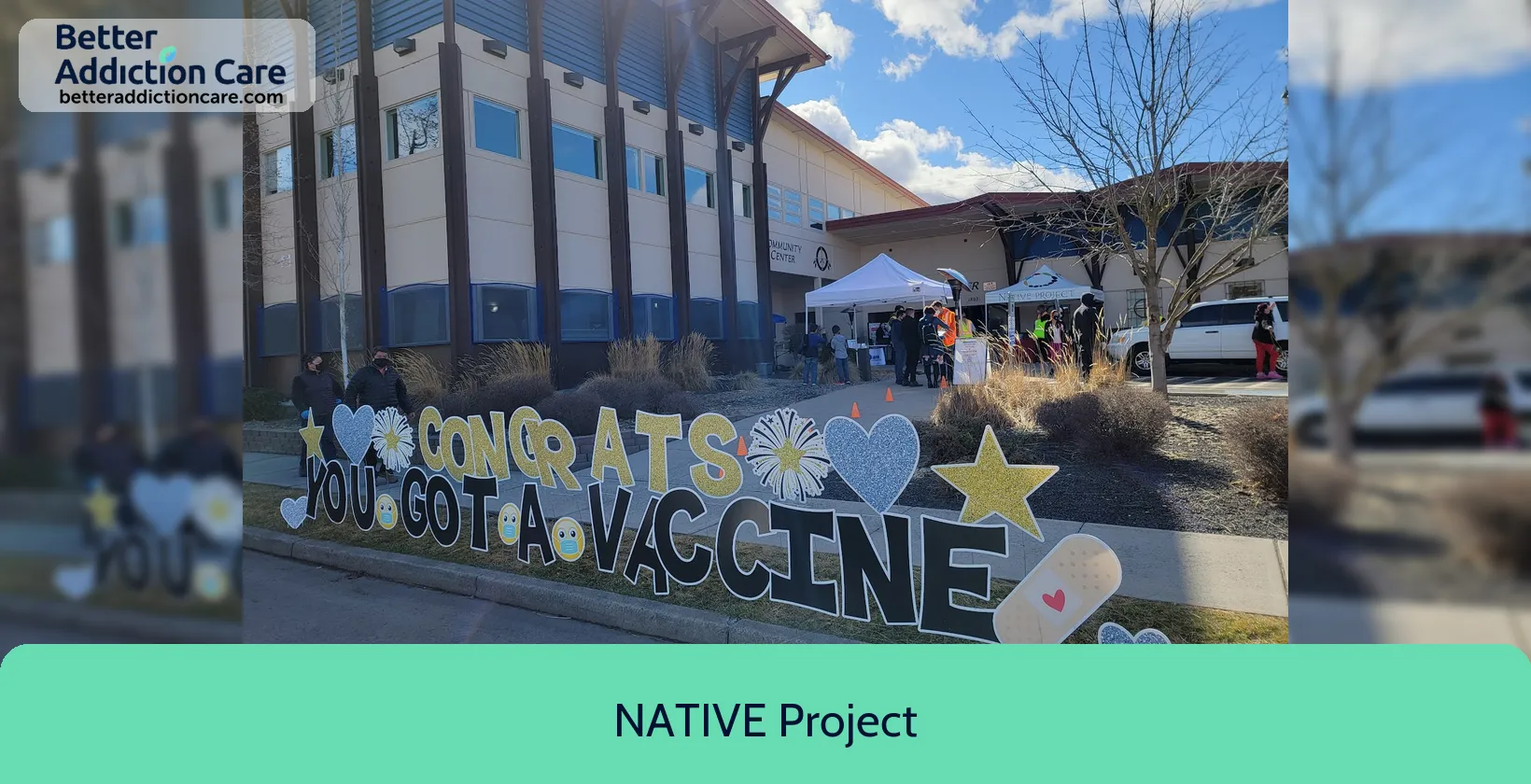
7.25
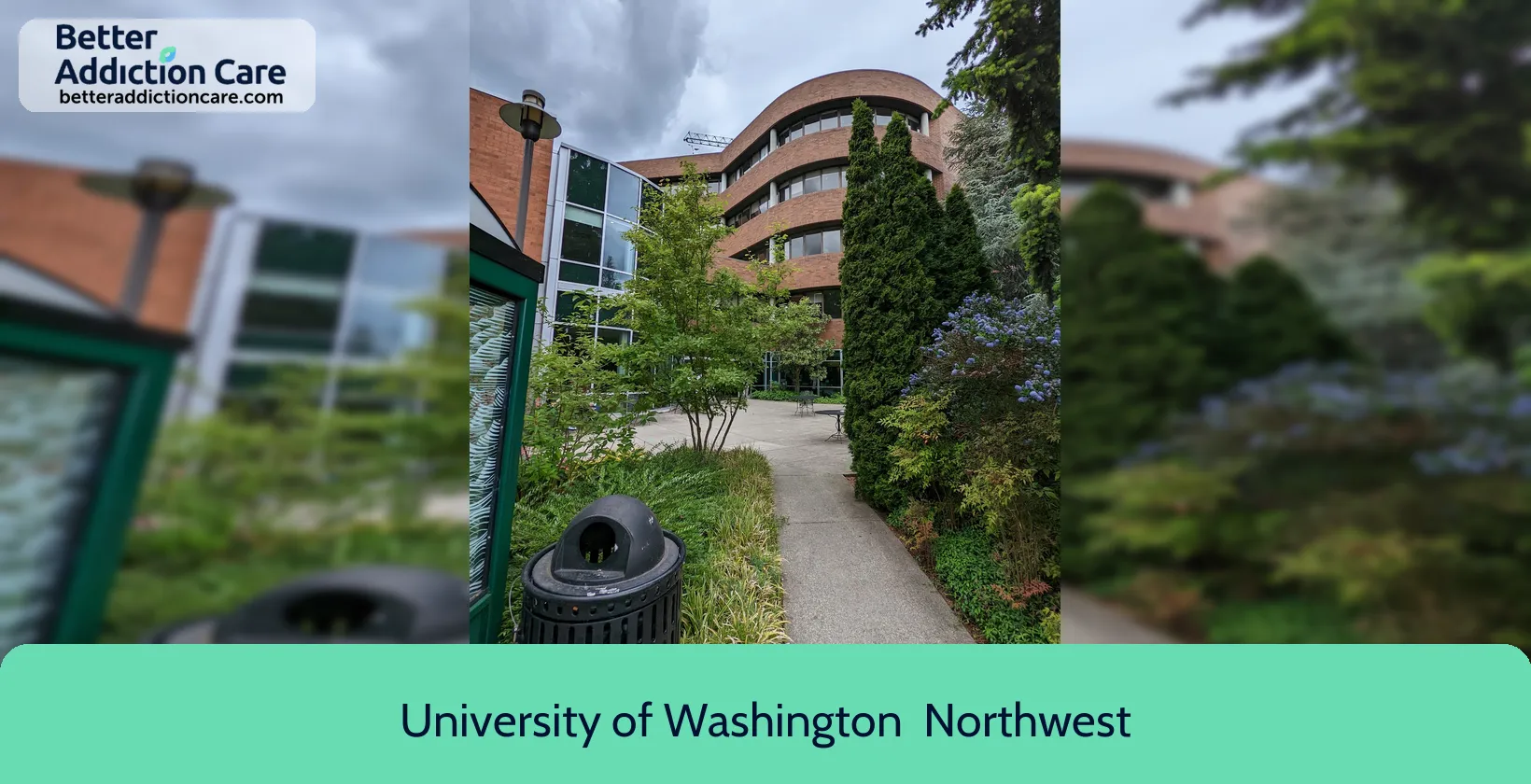
6.71
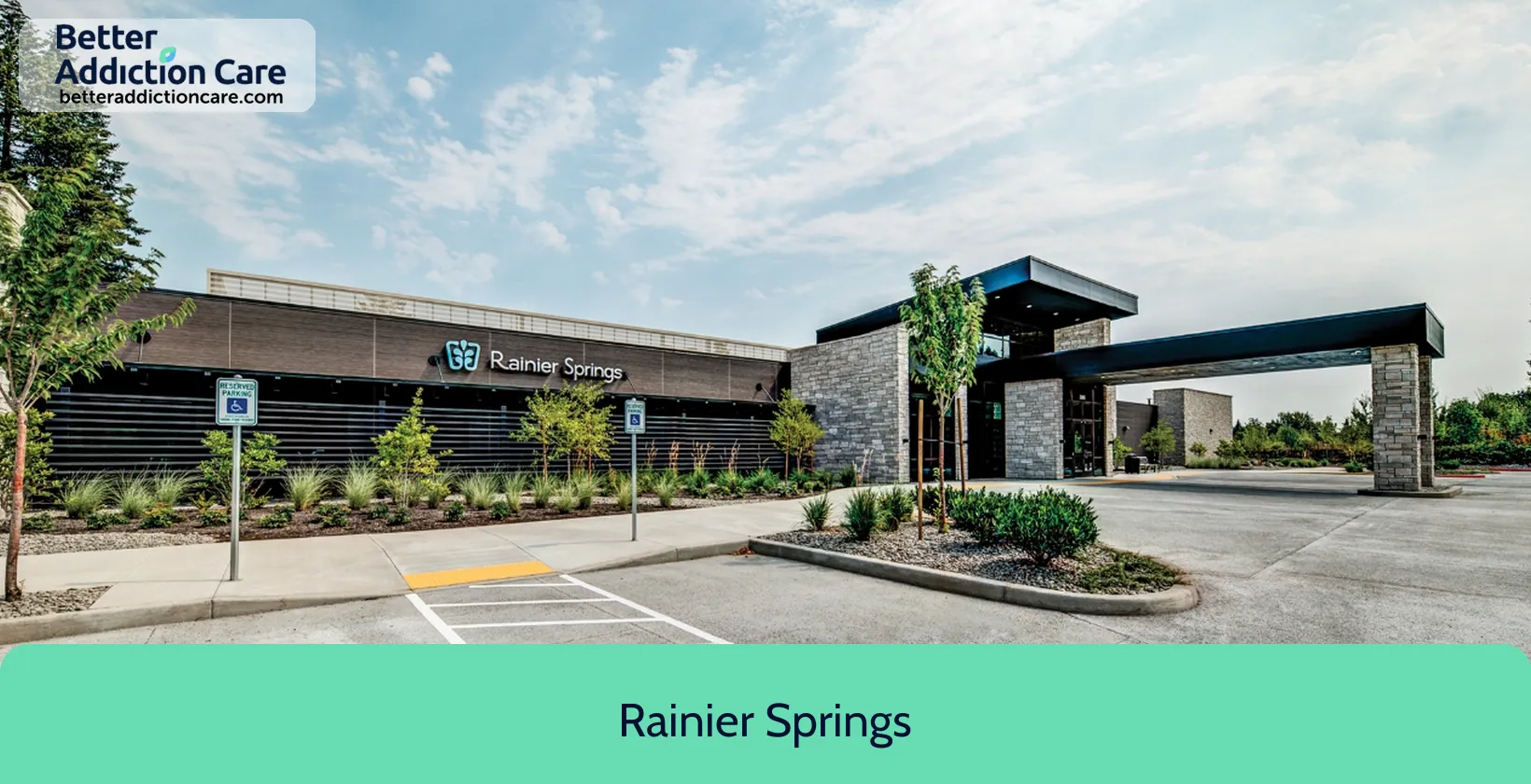
7.49
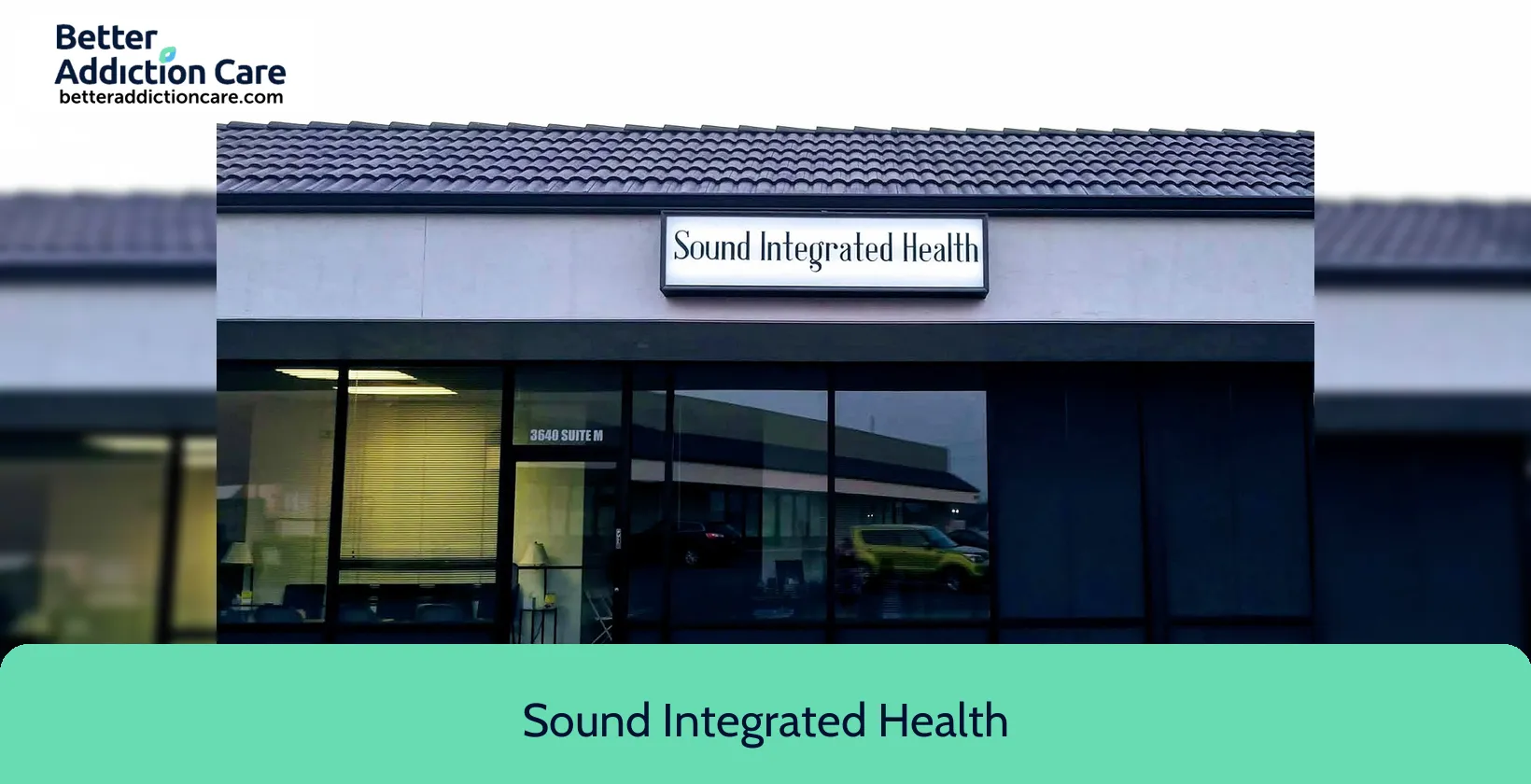
7.48
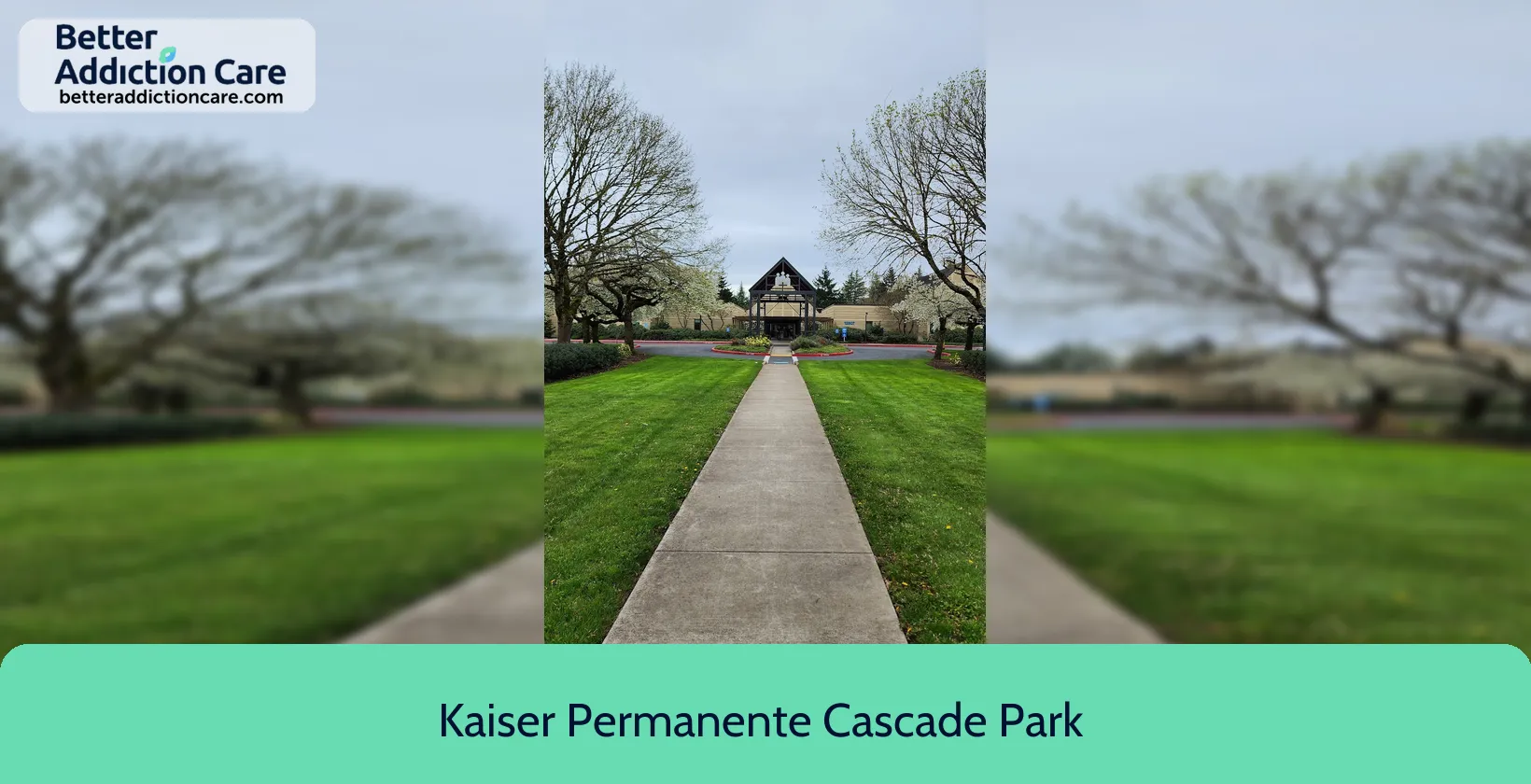
7.23
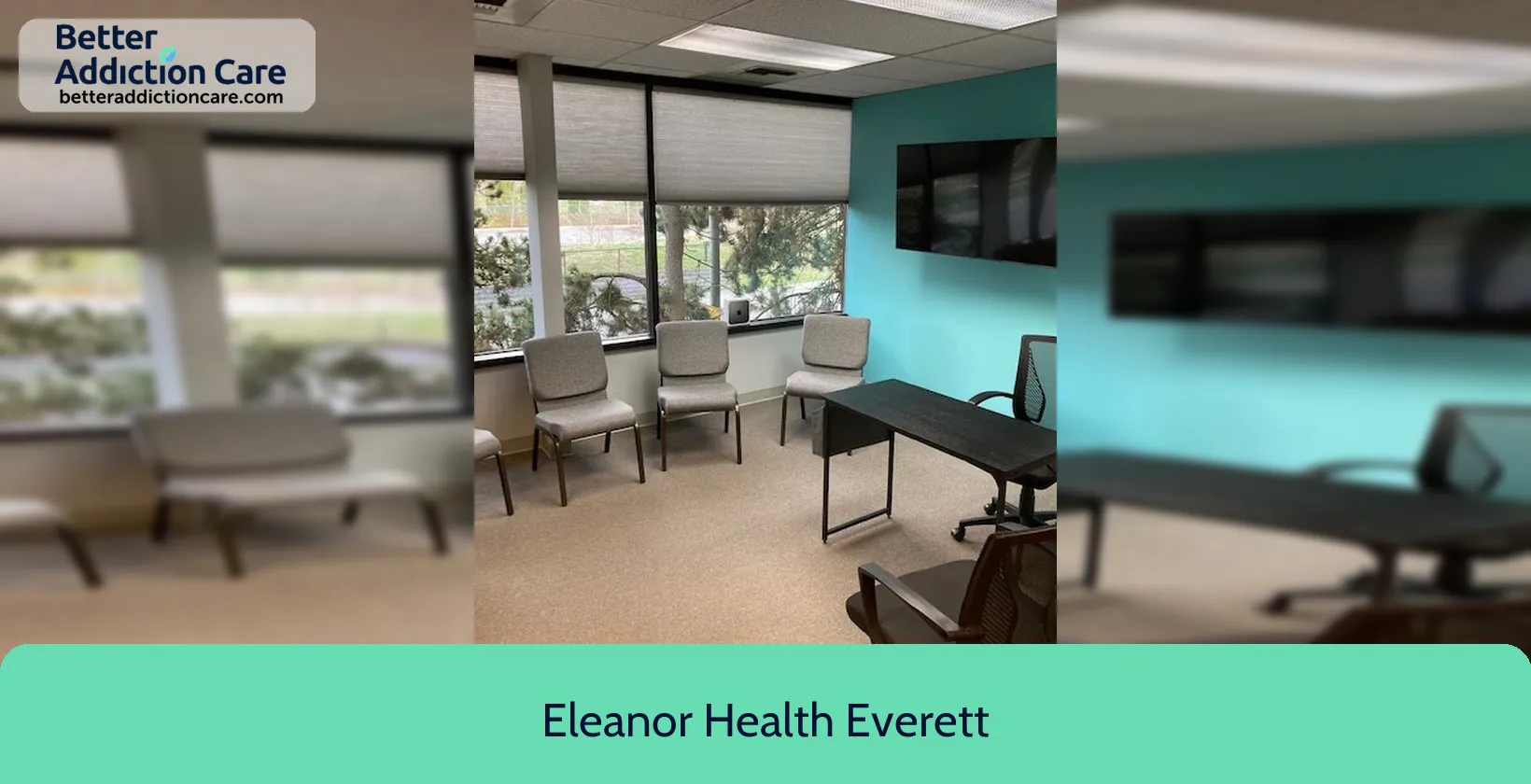
6.68
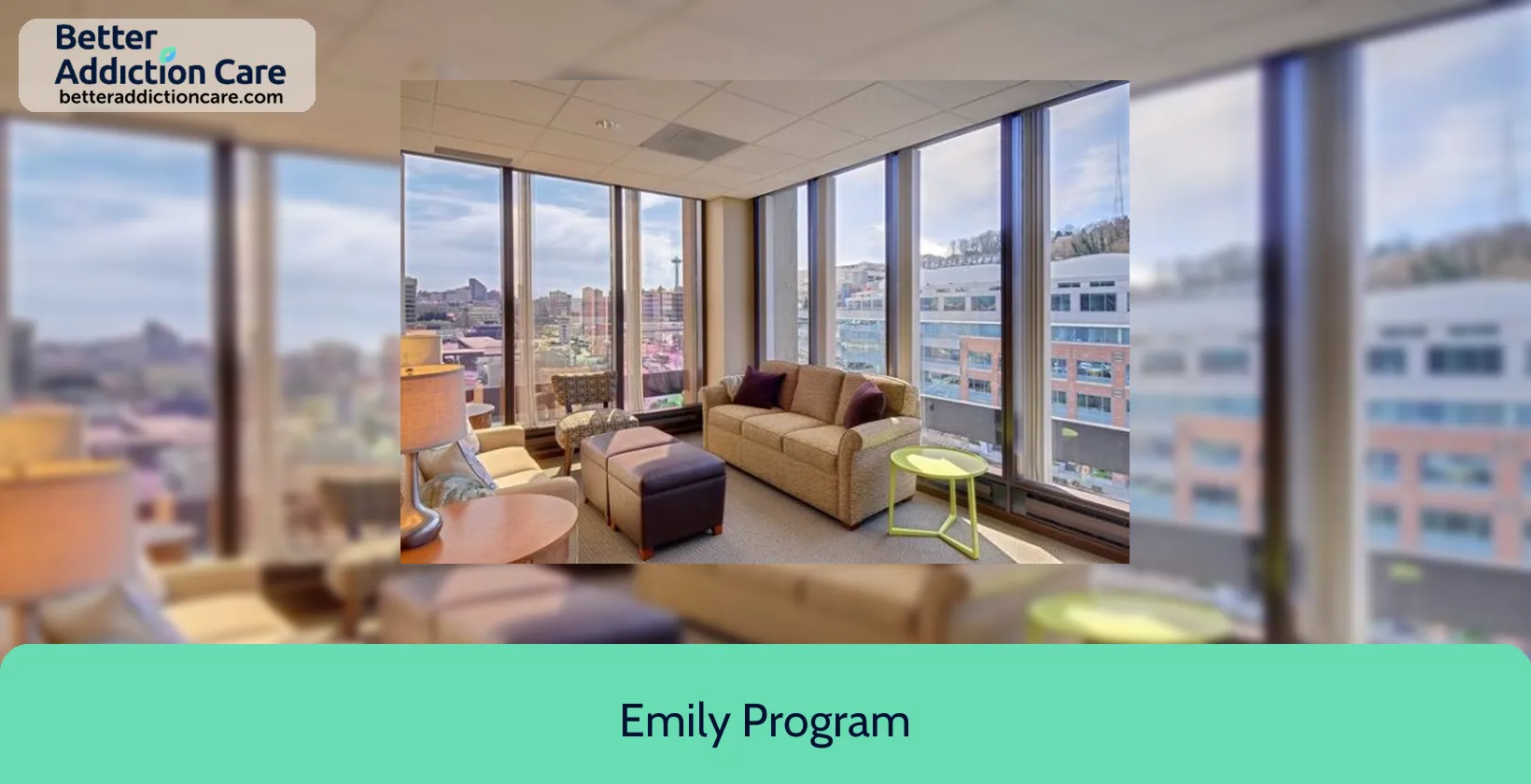
6.65
Local Rehabs in Washington
Common Questions About Rehab in Washington
Take a look at our FAQ. We've tried to fill it with all the answers you're looking for. And if not, contact us on (888) 349-0436.
Resources
Substance abuse and Mental Health facilities Report for Washington
14th
Cheapest To Most Expensive State Rank
514
Substance Abuse Facilities
44,959
Number of Patients Annually
43,104
Annual Enrollments
$73M
Spent on Outpatient Services (Million)
$1,704.00
Avg Outpatient Rehab Cost
1,790
Residential Admissions
$101M
Spent on Residential Treatment (Million)
$56,539.00
Residential Rehab Pay (Up To)
65
Total Patients
8
Free Drug Rehab Facilities
Alcoholism, Drug Abuse, Mental Health, and Treatment in Washington
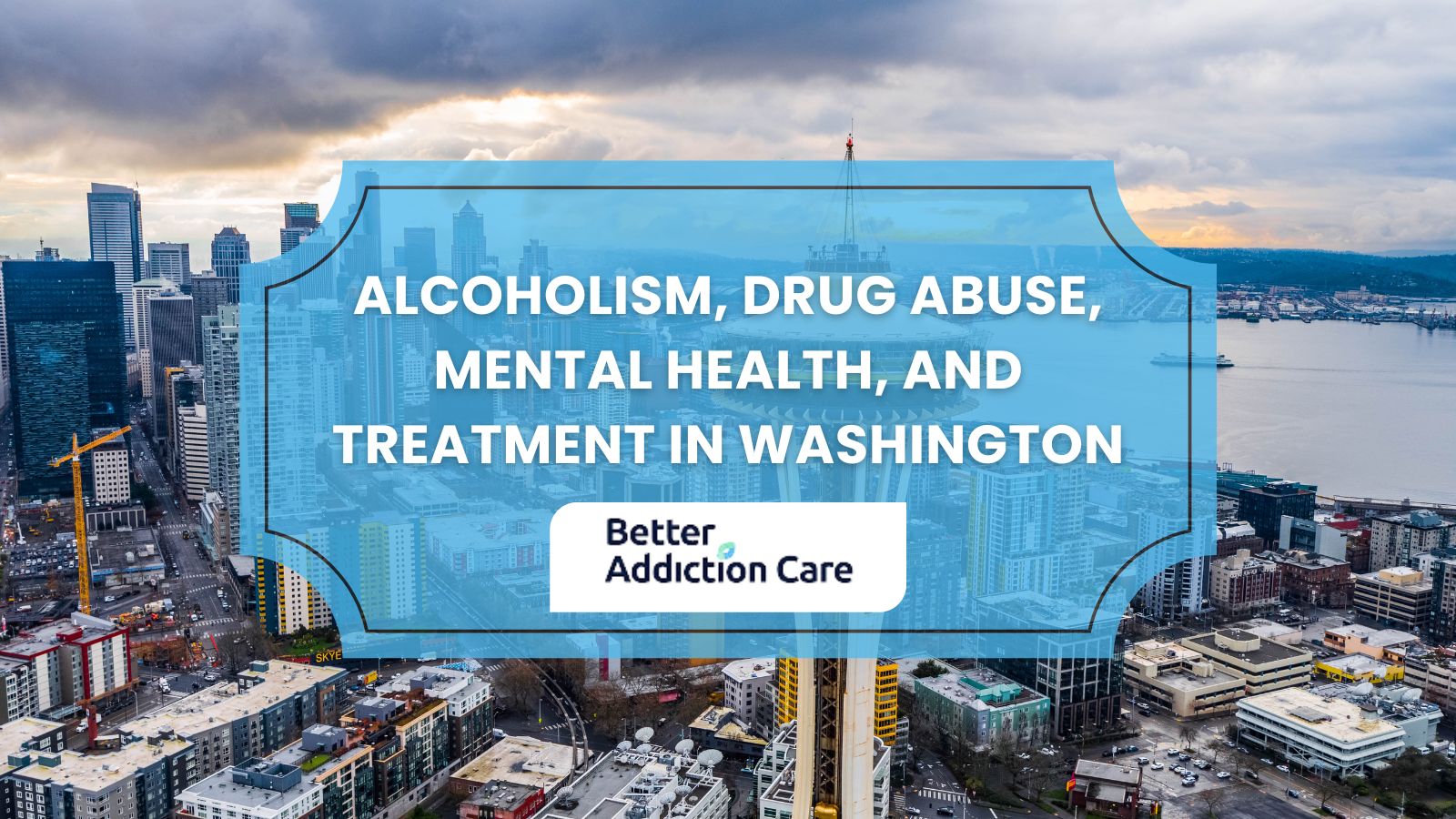
What are the main addictions people in Washington suffer from?
The main addictions people in Washington suffer from include;
- Alcohol Addiction: 769,000 individuals aged 12 or older have alcohol addiction, equating to 11.69% of the population. 461,400 (60%) males are higher in number as compared to 307,600 (40%) females.
- Opioid Addiction: 126,000 individuals aged 12 or older have opioid addiction, equating to 1.92% of the population. 69,300 (55%) males are higher in number as compared to 56,700 (45%) females.
- Marijuana Addiction: 260,000 individuals aged 12 or older have marijuana addiction, equating to 33% of the population. 169,000 (65%) males are higher in number as compared to 91,000 (35%) females.
- Cocaine Addiction: 66,000 individuals aged 12 or older have cocaine addiction, equating to 8.5% of the population. 40,000 (60%) males are higher in number as compared to 26,000 (40%) females.
- Methamphetamine Addiction: 66,000 individuals aged 12 or older have cocaine addiction, equating to 8.5% of the population. 40,000 (60%) males are higher in number as compared to 26,000 (40%) females.
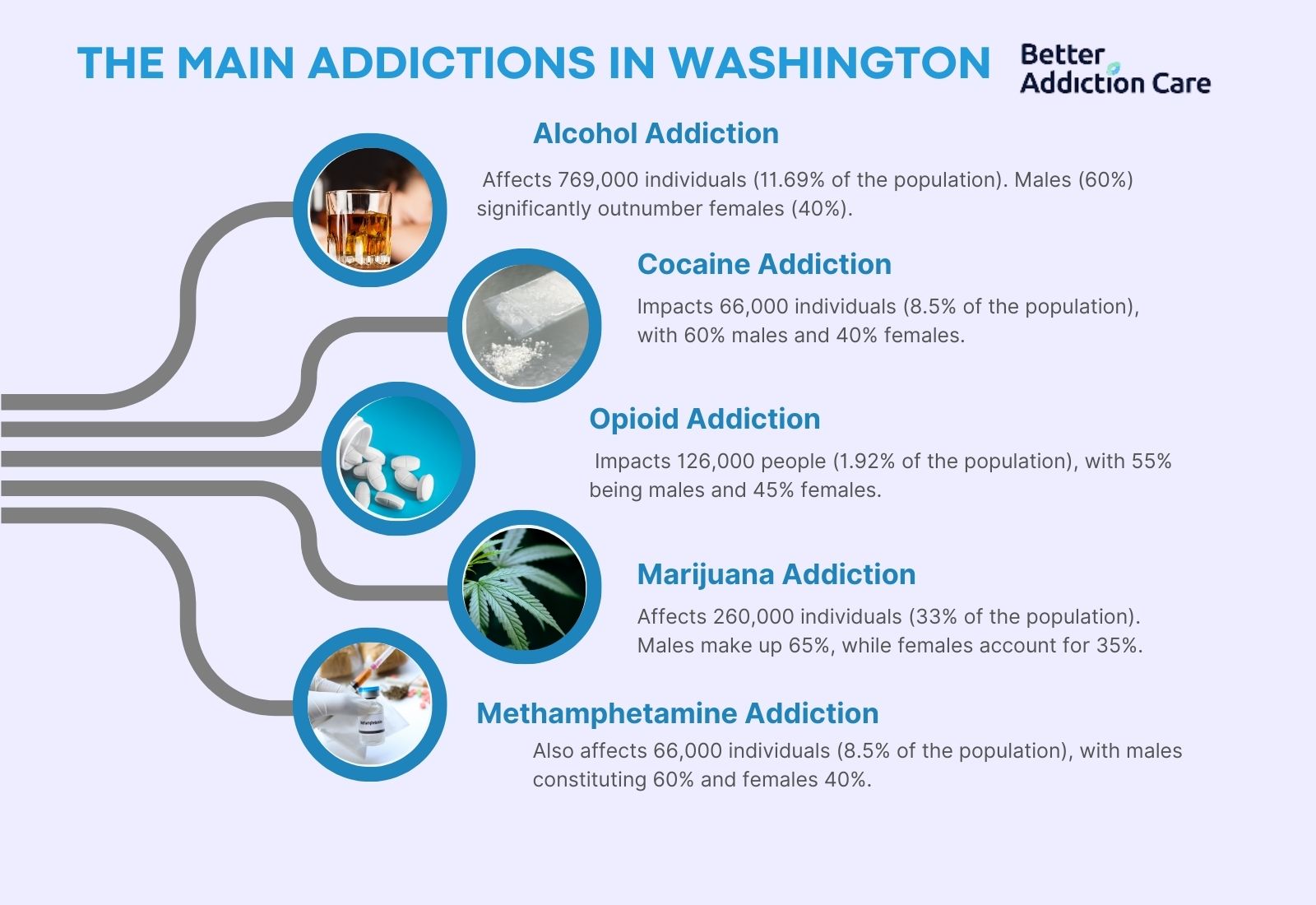
What is the cost of rehab centers in Washington?
The cost of rehab centers in Washington is $56,500 for a standard treatment program. Inpatient rehab, which involves a 30-day stay in a facility, costs $56,500, with a daily rate of $628.21 for individuals without insurance. In contrast, outpatient rehab is more affordable, costing $1,704 per admission, with a daily rate of $56.80 for a similar 30-day program. The cost of rehab centers in Washington varies significantly depending on the type of program and specific needs.
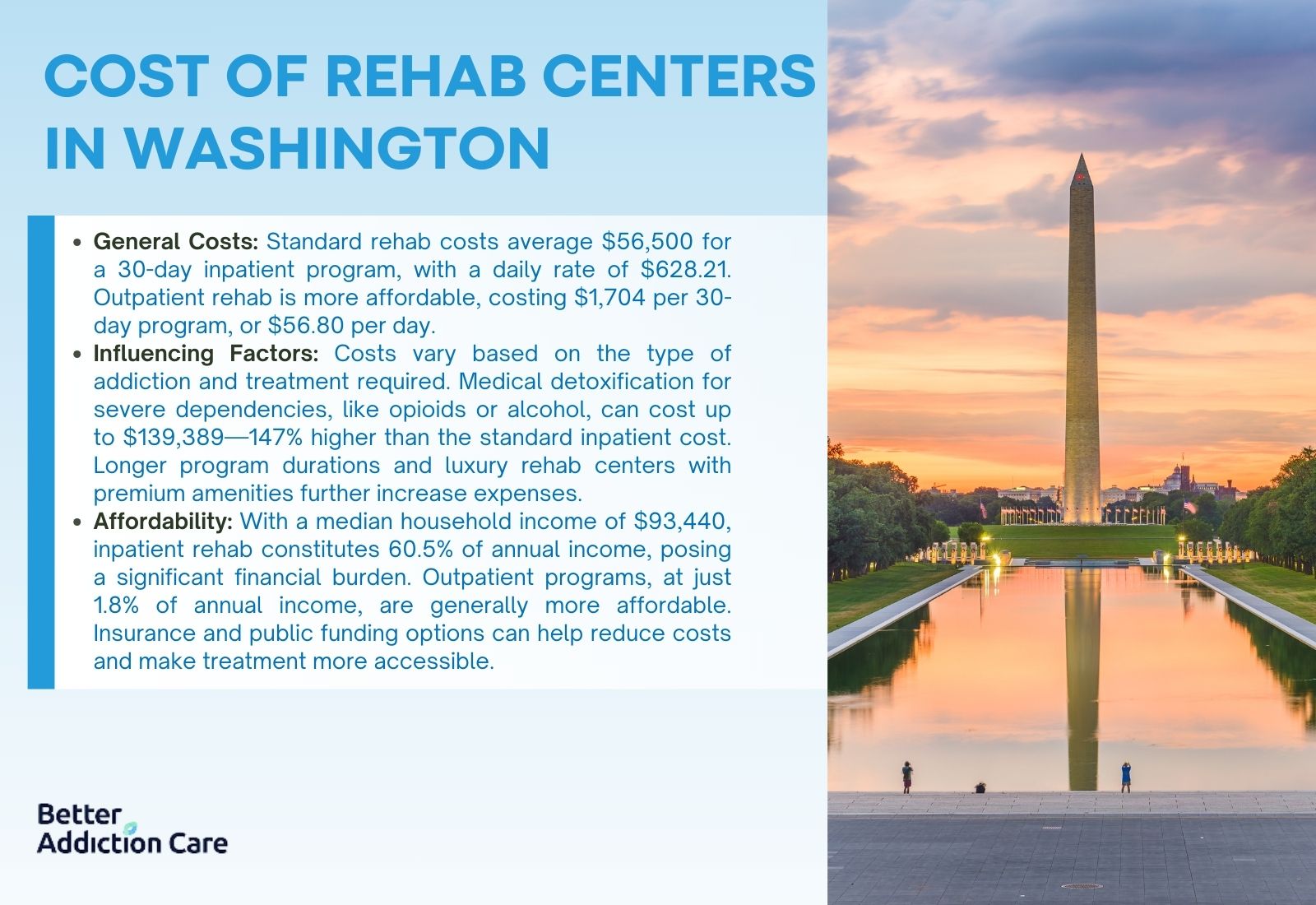
Several factors influence these costs of rehab centers. The type of addiction plays a significant role; for instance, individuals requiring medical detoxification for severe dependencies, such as opioids or alcohol, incur additional expenses. Medical detox costs up to $139,389, which is a 147% increase over the average inpatient cost. The program's duration also impacts expenses, with extended programs (e.g., 60 or 90 days) increasing the overall cost. Furthermore, the type of facility matters—luxury rehab centers offering premium amenities charge more compared to standard or public facilities.
Washington's median household income is $93,440, the cost of rehab centers constitute 60.5%. Inpatient rehab represents 60.5% of annual income, making it a significant financial burden for many families. On the other hand, outpatient programs, at 1.8% of annual income, are generally more accessible. Additionally, insurance coverage significantly offset costs, reducing out-of-pocket expenses and improving affordability. It is crucial to evaluate individual needs and explore insurance or public funding options to determine the most suitable and cost-effective treatment path.
What is the cost of LGBTQ+ rehab centers in Washington?
The cost of rehab centers in Washington is $56,000 for a standard treatment program. Inpatient rehab, which involves a 30-day stay in a facility, costs $56,500, with a daily rate of $628.21 for individuals without insurance. In contrast, outpatient rehab is more affordable, costing $1,704 per admission, with a daily rate of $56.80 for a similar 30-day program. The cost of rehab centers in Washington varies significantly depending on the type of program and specific needs.
Several factors influence these costs of rehab centers. The type of addiction plays a significant role; for instance, individuals requiring medical detoxification for severe dependencies, such as opioids or alcohol, incur additional expenses. Medical detox costs up to $139,389, which is a 147% increase over the average inpatient cost. The program's duration also impacts expenses, with extended programs (e.g., 60 or 90 days) increasing the overall cost. Furthermore, the type of facility matters—luxury rehab centers offering premium amenities charge more compared to standard or public facilities.
Washington's median household income is $93,440, the cost of rehab centers constitute 60%. Inpatient rehab represents 60.5% of annual income, making it a significant financial burden for many families. On the other hand, outpatient programs, at 1.8% of annual income, are generally more accessible. Additionally, insurance coverage significantly offset costs, reducing out-of-pocket expenses and improving affordability. It is crucial to evaluate individual needs and explore insurance or public funding options to determine the most suitable and cost-effective treatment path.
What is the cost of Faith-Based rehab centers in Washington?
The cost of rehab centers in Washington is $55,500 for a standard treatment program. Inpatient rehab, which involves a 30-day stay in a facility, costs $56,500, with a daily rate of $628.21 for individuals without insurance. In contrast, outpatient rehab is more affordable, costing $1,704 per admission, with a daily rate of $56.80 for a similar 30-day program. The cost of rehab centers in Washington varies significantly depending on the type of program and specific needs.
Several factors influence these costs of rehab centers. The type of addiction plays a significant role; for instance, individuals requiring medical detoxification for severe dependencies, such as opioids or alcohol, incur additional expenses. Medical detox costs up to $139,389, which is a 147% increase over the average inpatient cost. The program's duration also impacts expenses, with extended programs (e.g., 60 or 90 days) increasing the overall cost. Furthermore, the type of facility matters—luxury rehab centers offering premium amenities charge more compared to standard or public facilities.
Washington's median household income is $93,440, the cost of rehab centers constitute 59%. Inpatient rehab represents 60.5% of annual income, making it a significant financial burden for many families. On the other hand, outpatient programs, at 1.8% of annual income, are generally more accessible. Additionally, insurance coverage significantly offset costs, reducing out-of-pocket expenses and improving affordability. It is crucial to evaluate individual needs and explore insurance or public funding options to determine the most suitable and cost-effective treatment path.
What is the cost of Men-Only rehab centers in Washington?
The cost of rehab centers in Washington is $55000 for a standard treatment program. Inpatient rehab, which involves a 30-day stay in a facility, costs $56,500, with a daily rate of $628.21 for individuals without insurance. In contrast, outpatient rehab is more affordable, costing $1,704 per admission, with a daily rate of $56.80 for a similar 30-day program. The cost of rehab centers in Washington varies significantly depending on the type of program and specific needs.
Several factors influence these costs of rehab centers. The type of addiction plays a significant role; for instance, individuals requiring medical detoxification for severe dependencies, such as opioids or alcohol, incur additional expenses. Medical detox costs up to $139,389, which is a 147% increase over the average inpatient cost. The program's duration also impacts expenses, with extended programs (e.g., 60 or 90 days) increasing the overall cost. Furthermore, the type of facility matters—luxury rehab centers offering premium amenities charge more compared to standard or public facilities.
Washington's median household income is $93,440, the cost of rehab centers constitute 58.8%. Inpatient rehab represents 60.5% of annual income, making it a significant financial burden for many families. On the other hand, outpatient programs, at 1.8% of annual income, are generally more accessible. Additionally, insurance coverage significantly offset costs, reducing out-of-pocket expenses and improving affordability. It is crucial to evaluate individual needs and explore insurance or public funding options to determine the most suitable and cost-effective treatment path.
What is the cost of Women-Only rehab centers in Washington?
The cost of rehab centers in Washington is $54,500 for a standard treatment program. Inpatient rehab, which involves a 30-day stay in a facility, costs $56,500, with a daily rate of $628.21 for individuals without insurance. In contrast, outpatient rehab is more affordable, costing $1,704 per admission, with a daily rate of $56.80 for a similar 30-day program. The cost of rehab centers in Washington varies significantly depending on the type of program and specific needs.
Several factors influence these costs of rehab centers. The type of addiction plays a significant role; for instance, individuals requiring medical detoxification for severe dependencies, such as opioids or alcohol, incur additional expenses. Medical detox costs up to $139,389, which is a 147% increase over the average inpatient cost. The program's duration also impacts expenses, with extended programs (e.g., 60 or 90 days) increasing the overall cost. Furthermore, the type of facility matters—luxury rehab centers offering premium amenities charge more compared to standard or public facilities.
Washington's median household income is $93,440, the cost of rehab centers constitute 58.3%. Inpatient rehab represents 60.5% of annual income, making it a significant financial burden for many families. On the other hand, outpatient programs, at 1.8% of annual income, are generally more accessible. Additionally, insurance coverage significantly offset costs, reducing out-of-pocket expenses and improving affordability. It is crucial to evaluate individual needs and explore insurance or public funding options to determine the most suitable and cost-effective treatment path.
What is the cost of Teen rehab centers in Washington?
The cost of rehab centers in Washington is $54,000 for a standard treatment program. Inpatient rehab, which involves a 30-day stay in a facility, costs $56,500, with a daily rate of $628.21 for individuals without insurance. In contrast, outpatient rehab is more affordable, costing $1,704 per admission, with a daily rate of $56.80 for a similar 30-day program. The cost of rehab centers in Washington varies significantly depending on the type of program and specific needs.
Several factors influence these costs of rehab centers. The type of addiction plays a significant role; for instance, individuals requiring medical detoxification for severe dependencies, such as opioids or alcohol, incur additional expenses. Medical detox costs up to $139,389, which is a 147% increase over the average inpatient cost. The program's duration also impacts expenses, with extended programs (e.g., 60 or 90 days) increasing the overall cost. Furthermore, the type of facility matters—luxury rehab centers offering premium amenities charge more compared to standard or public facilities.
Washington's median household income is $93,440, the cost of rehab centers constitute 57.7%. Inpatient rehab represents 60.5% of annual income, making it a significant financial burden for many families. On the other hand, outpatient programs, at 1.8% of annual income, are generally more accessible. Additionally, insurance coverage significantly offset costs, reducing out-of-pocket expenses and improving affordability. It is crucial to evaluate individual needs and explore insurance or public funding options to determine the most suitable and cost-effective treatment path.
What is the cost of Young Adult rehab centers in Washington?
The cost of rehab centers in Washington is $53,500 for a standard treatment program. Inpatient rehab, which involves a 30-day stay in a facility, costs $56,500, with a daily rate of $628.21 for individuals without insurance. In contrast, outpatient rehab is more affordable, costing $1,704 per admission, with a daily rate of $56.80 for a similar 30-day program. The cost of rehab centers in Washington varies significantly depending on the type of program and specific needs.
Several factors influence these costs of rehab centers. The type of addiction plays a significant role; for instance, individuals requiring medical detoxification for severe dependencies, such as opioids or alcohol, incur additional expenses. Medical detox costs up to $139,389, which is a 147% increase over the average inpatient cost. The program's duration also impacts expenses, with extended programs (e.g., 60 or 90 days) increasing the overall cost. Furthermore, the type of facility matters—luxury rehab centers offering premium amenities charge more compared to standard or public facilities.
Washington's median household income is $93,440, the cost of rehab centers constitute 57.2%. Inpatient rehab represents 60.5% of annual income, making it a significant financial burden for many families. On the other hand, outpatient programs, at 1.8% of annual income, are generally more accessible. Additionally, insurance coverage significantly offset costs, reducing out-of-pocket expenses and improving affordability. It is crucial to evaluate individual needs and explore insurance or public funding options to determine the most suitable and cost-effective treatment path.
What is the cost of Luxury Rehab centers in Washington?
The cost of rehab centers in Washington is $60,000 for a standard treatment program. Inpatient rehab, which involves a 30-day stay in a facility, costs $56,500, with a daily rate of $628.21 for individuals without insurance. In contrast, outpatient rehab is more affordable, costing $1,704 per admission, with a daily rate of $56.80 for a similar 30-day program. The cost of rehab centers in Washington varies significantly depending on the type of program and specific needs.
Several factors influence these costs of rehab centers. The type of addiction plays a significant role; for instance, individuals requiring medical detoxification for severe dependencies, such as opioids or alcohol, incur additional expenses. Medical detox costs up to $139,389, which is a 147% increase over the average inpatient cost. The program's duration also impacts expenses, with extended programs (e.g., 60 or 90 days) increasing the overall cost. Furthermore, the type of facility matters—luxury rehab centers offering premium amenities charge more compared to standard or public facilities.
Washington's median household income is $93,440, the cost of rehab centers constitute 64%. Inpatient rehab represents 60.5% of annual income, making it a significant financial burden for many families. On the other hand, outpatient programs, at 1.8% of annual income, are generally more accessible. Additionally, insurance coverage significantly offset costs, reducing out-of-pocket expenses and improving affordability. It is crucial to evaluate individual needs and explore insurance or public funding options to determine the most suitable and cost-effective treatment path.
What is the cost of Dual Diagnosis rehab centers in Washington?
The cost of rehab centers in Washington is $52,000 for a standard treatment program. Inpatient rehab, which involves a 30-day stay in a facility, costs $56,500, with a daily rate of $628.21 for individuals without insurance. In contrast, outpatient rehab is more affordable, costing $1,704 per admission, with a daily rate of $56.80 for a similar 30-day program. The cost of rehab centers in Washington varies significantly depending on the type of program and specific needs.
Several factors influence these costs of rehab centers. The type of addiction plays a significant role; for instance, individuals requiring medical detoxification for severe dependencies, such as opioids or alcohol, incur additional expenses. Medical detox costs up to $139,389, which is a 147% increase over the average inpatient cost. The program's duration also impacts expenses, with extended programs (e.g., 60 or 90 days) increasing the overall cost. Furthermore, the type of facility matters—luxury rehab centers offering premium amenities charge more compared to standard or public facilities.
Washington's median household income is $93,440, the cost of rehab centers constitute 55.6%. Inpatient rehab represents 60.5% of annual income, making it a significant financial burden for many families. On the other hand, outpatient programs, at 1.8% of annual income, are generally more accessible. Additionally, insurance coverage significantly offset costs, reducing out-of-pocket expenses and improving affordability. It is crucial to evaluate individual needs and explore insurance or public funding options to determine the most suitable and cost-effective treatment path.
Is drug abuse and addiction a problem in Washington?
Yes, drug abuse and addiction is a problem in Washington State. One major reason is the high prevalence of substance use disorders, with 10% of residents aged 12 and older—over 700,000 individuals—struggling with substance dependency. Another critical factor is the ongoing opioid epidemic, which has resulted in a dramatic increase in opioid-related deaths. Between 2012 and 2021, 17,502 residents died from drug overdoses, with 68% involving opioids. The situation has worsened over recent years, as annual opioid overdose deaths nearly doubled from 827 in 2019 to 1,619 in 2024. Additionally, youth alcohol consumption remains a concern, with an average of 10.1% of individuals aged 12–17 reporting alcohol use in the past month during 2014–2024, indicating persistent underage drinking issues. These statistics highlight the evolving and escalating challenges related to substance abuse and addiction in Washington, reflecting a growing public health crisis that continues to impact diverse demographics across Washington.
Is alcoholism a problem in Washington?
Yes, alcoholism is a problem in Washington State. 15.4% of adults aged 18 and older engage in binge drinking at least once per month, with a median of 5.3 drinks per binge. This behavior contributes to an annual average of 3,184 alcohol-related deaths in Washington, with 1.8% of these fatalities involving individuals under the age of 21. Over the years, the prevalence of alcohol use disorders has remained a pressing concern, with 7% of adults nationwide estimated to have an alcohol use disorder as of 2019. Additionally, the annual average prevalence of past-month alcohol use among youth aged 12–17 was 10.1% between 2014 and 2024, indicating persistent underage drinking issues. These statistics highlight the ongoing challenges posed by alcohol misuse in Washington, affecting both adults and youth across Washington.
Is Mental Health a problem in Washington?
Yes, mental health is a problem in Washington State. 1 in 5 adults in Washington experience mental illness each year, equating to over 1.2 million individuals. This prevalence has been exacerbated by the COVID-19 pandemic, 46.3% of adults in Washington reported symptoms of anxiety or depression, with 30.1% unable to access necessary counseling or therapy. Additionally, Washington faces a shortage of mental health professionals, with over 2.8 million residents living in areas lacking adequate mental health services. This shortage has persisted over the years, hindering timely access to care. Furthermore, suicide remains a critical issue, with 1,252 lives lost to suicide in Washington, and 303,000 adults having thoughts of suicide in the last year. These figures have shown little improvement over time, indicating ongoing challenges in addressing mental health crises. These statistics underscore the persistent and evolving mental health challenges in Washington, highlighting the need for comprehensive strategies to improve mental health care access and support for its residents.
Can you travel to Washington for rehab?
Yes, you can travel to Washington for rehab, and there are compelling reasons why it is an excellent choice. Firstly, Washington offers a diverse range of high-quality rehab centers, including those specializing in dual diagnosis, luxury treatment, and LGBTQ+ support, ensuring tailored care for various needs. Secondly, Washington's natural environment, characterized by serene landscapes, forests, and coastal areas, provides a tranquil setting conducive to recovery and mental well-being. Thirdly, Washington boasts progressive healthcare policies and a robust support network, with many facilities employing evidence-based approaches and offering holistic therapies to address the root causes of addiction. These factors, combined with Washington's emphasis on personalized care and access to cutting-edge treatments, make it a unique and effective destination for rehab.
Can addiction be treated in Washington?
Yes, addiction can be treated in Washington for several reasons. Firstly, Washington is home to numerous rehab centers that offer a wide range of evidence-based treatments, including medical detox, inpatient, outpatient, and dual diagnosis programs tailored to individual needs. Secondly, Washington has implemented progressive healthcare policies that provide expanded access to addiction treatment through Medicaid and private insurance coverage, ensuring affordability for many residents. Thirdly, Washington emphasizes holistic recovery by integrating traditional therapies with complementary approaches such as counseling, group support, and wellness activities, creating a comprehensive framework for long-term recovery success.
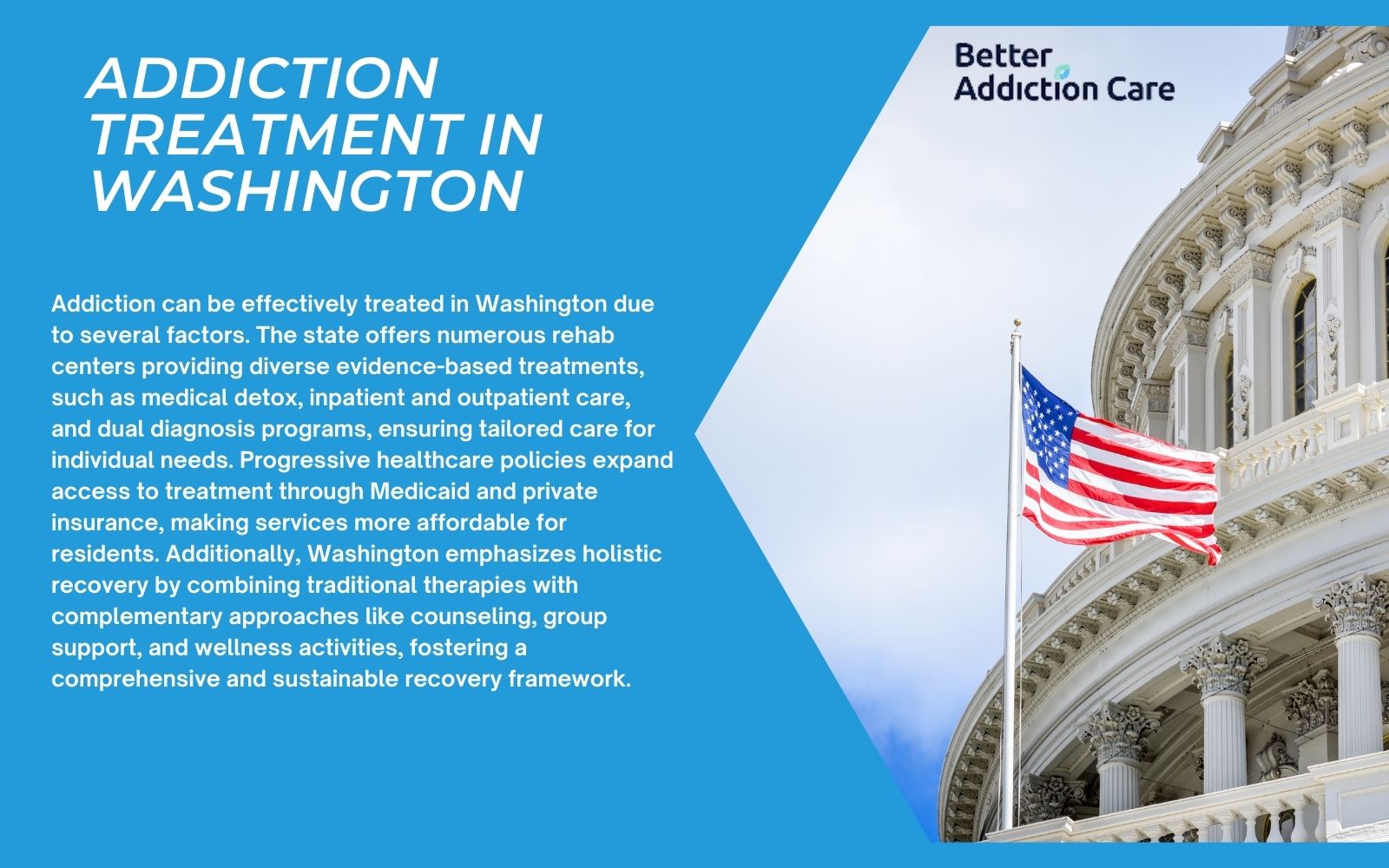
What is the state of Washington?
The state of Washington is in the northwestern region of the United States, known for its diverse geography and economy. It has a population of 7.9 million people, with gender distribution of 3.94 million males (49.9%) and 3.96 million females (50.1%), based on recent census data.
Washington is located in the Pacific Northwest and is bordered by Canada to the north, Oregon to the south, Idaho to the east, and the Pacific Ocean to the west. Its location provides both coastal and inland features, including mountains, forests, and agricultural plains.
Economically, Washington is considered one of the wealthiest states in the U.S., with a median household income of $93,440, significantly above the national average. Washington is a hub for technology, aerospace, agriculture, and trade, with major companies such as Amazon, Microsoft, and Boeing headquartered there. However, like many places, it also faces income disparity, with certain rural areas experiencing higher poverty rates compared to urban centers like Seattle.
What is the population of Washington?
The population of Washington is 7,705,281, with 3,860,729 females (50.1%) and 3,844,552 males (49.9%), reflecting a nearly equal gender distribution. In terms of age groups, 439,201 individuals (5.7%) are under the age of 5, while 1,679,751 individuals (21.8%) are under 18 years old, showcasing a youthful segment of the population. Additionally, 1,255,761 residents (16.3%) are aged 65 and older, representing a growing senior demographic. These figures highlight a balanced and diverse population across genders and age groups.
What is the income of people from Washington?
The income of people from Washington is $80,930, per capita income. Household incomes also reflect this economic standing, with a median household income of $94,605, 25% higher than the national median of $77,719. Income distribution varies across age groups. Households led by individuals aged 25 to 44 have a median income of $105,777, while those headed by individuals aged 45 to 64 report the highest median income at $114,474. Households with leaders aged 65 and over have a median income of $65,145, reflecting the impact of retirement on earnings. Gender disparities are evident in income statistics. Among full-time, year-round workers aged 15 and older, males have a median income of $77,909, whereas females earn $63,376, resulting in a 19% gender pay gap. When considering all workers aged 15 and older, regardless of work hours, the gap widens, with males earning a median income of $55,632 and females earning $36,718, indicating a 34% disparity. These figures highlight the economic landscape of Washington, showcasing variations in income across different demographics and underscoring ongoing discussions about income inequality within Washington.


